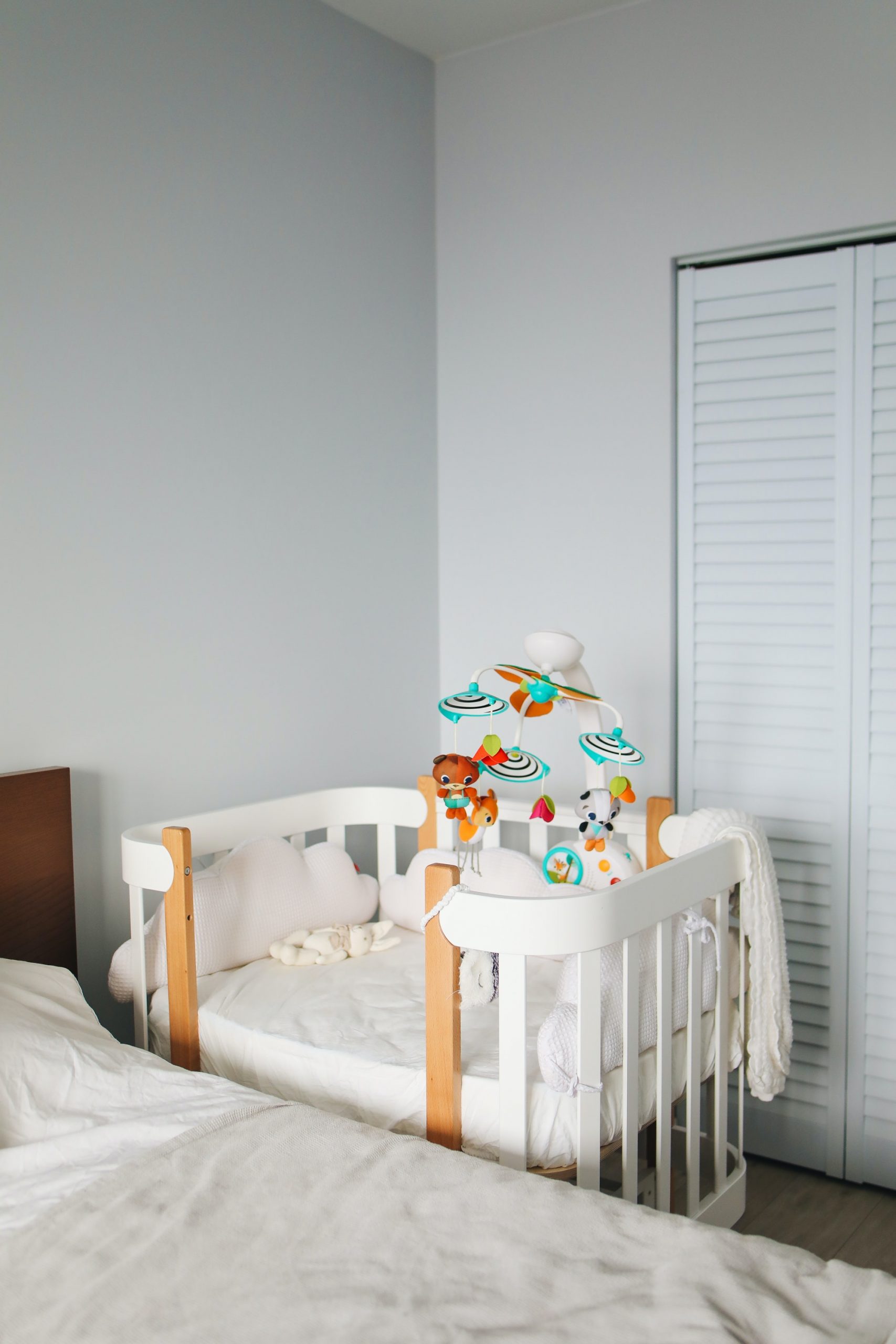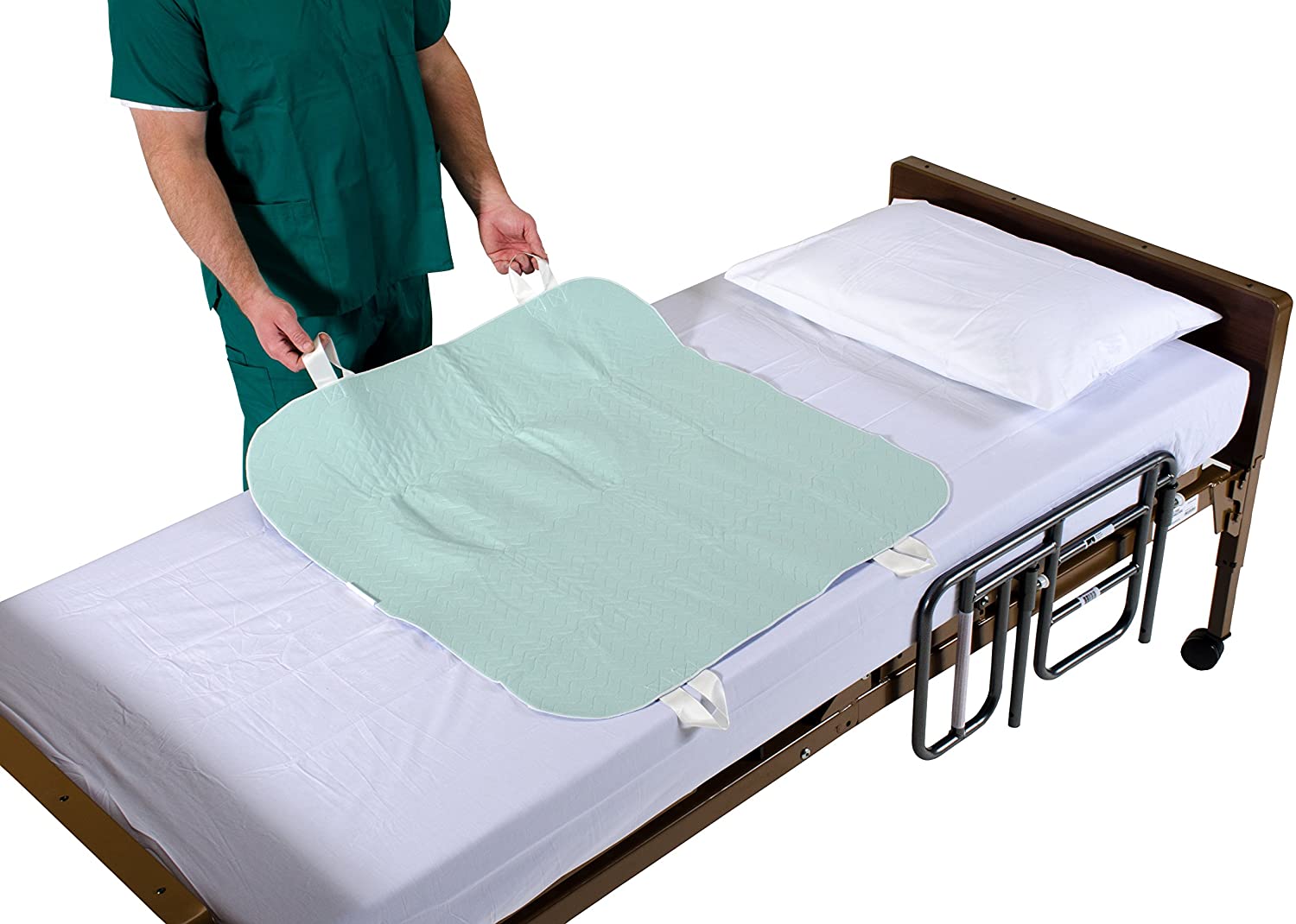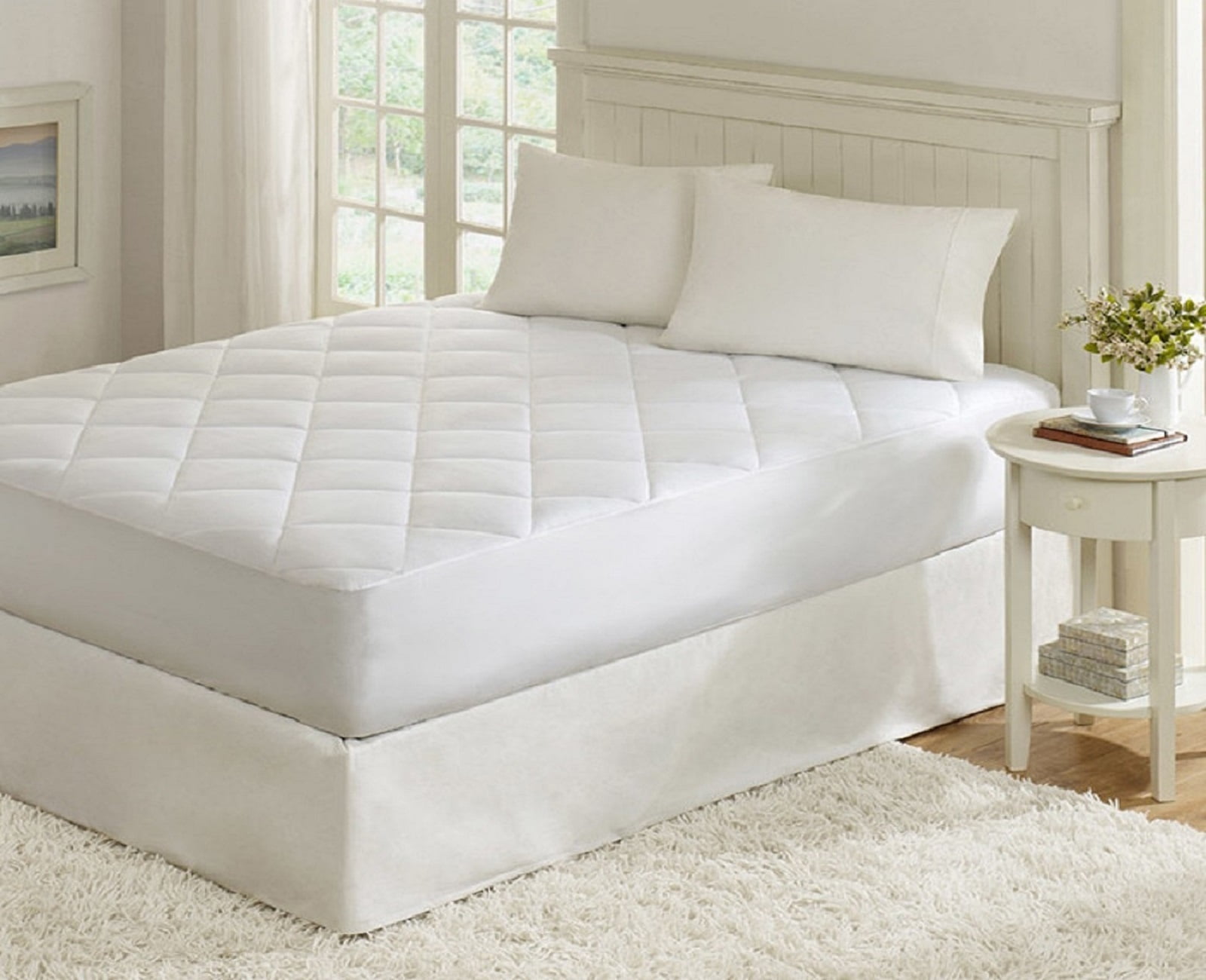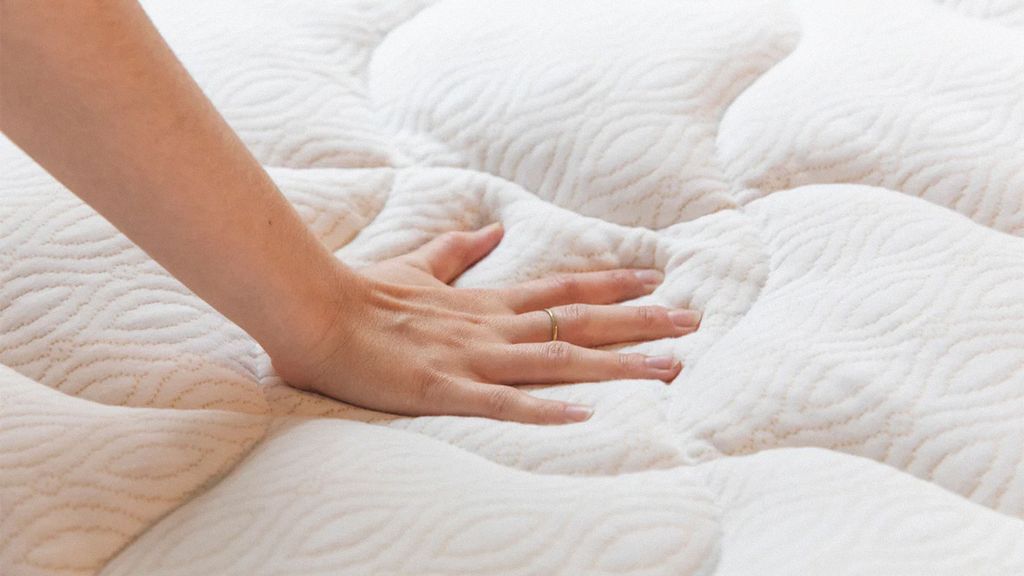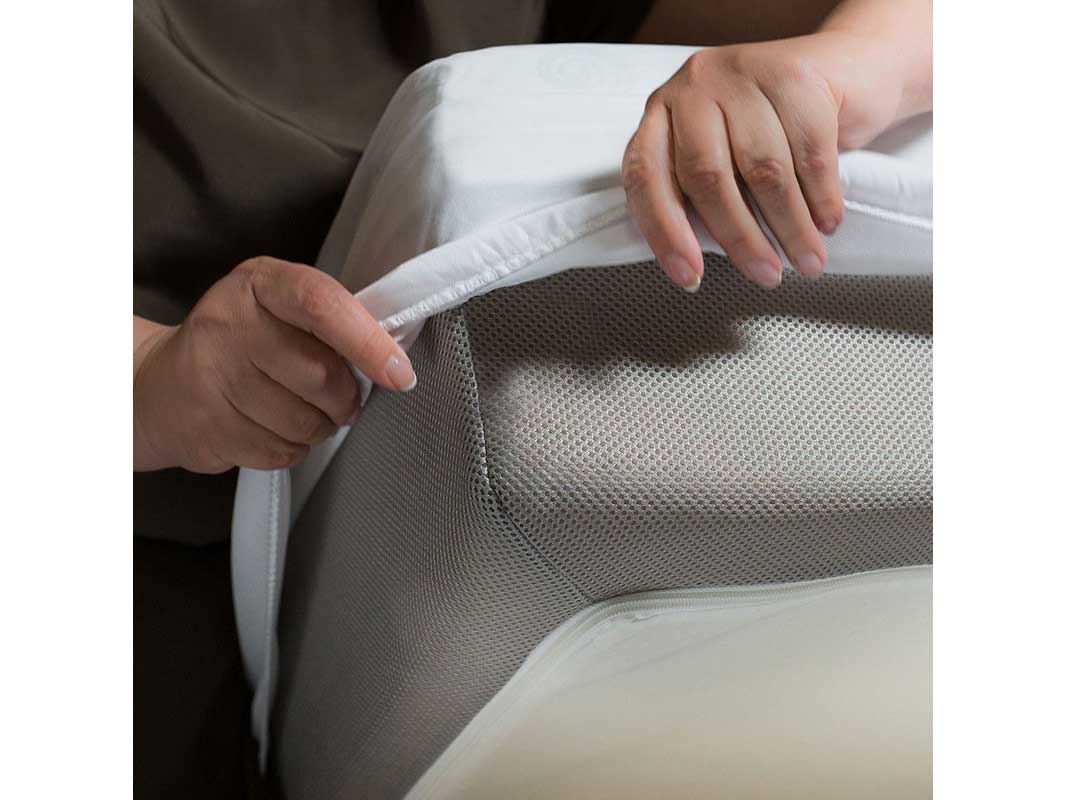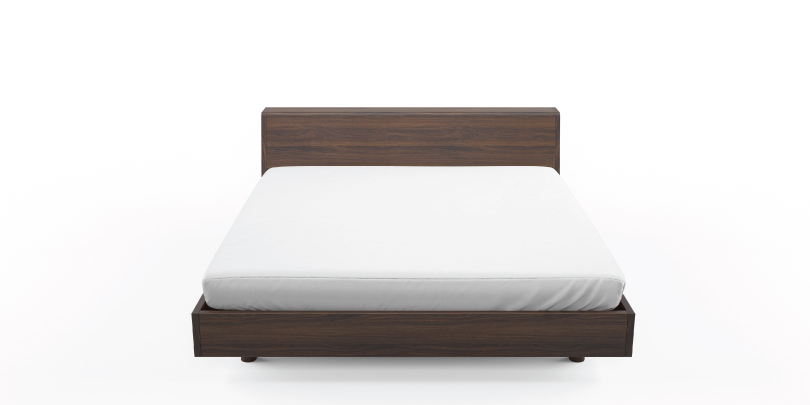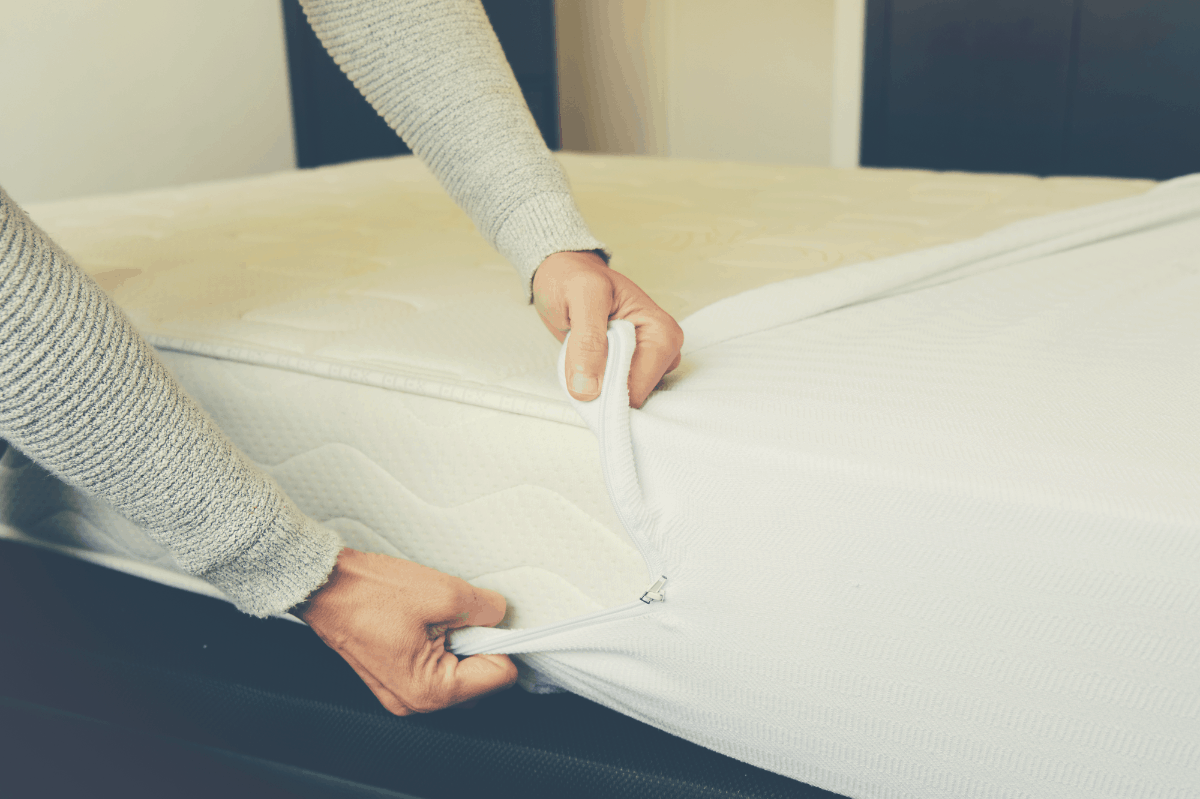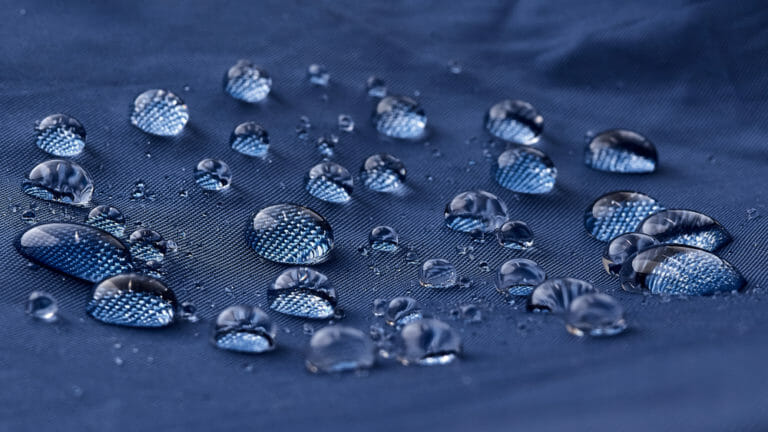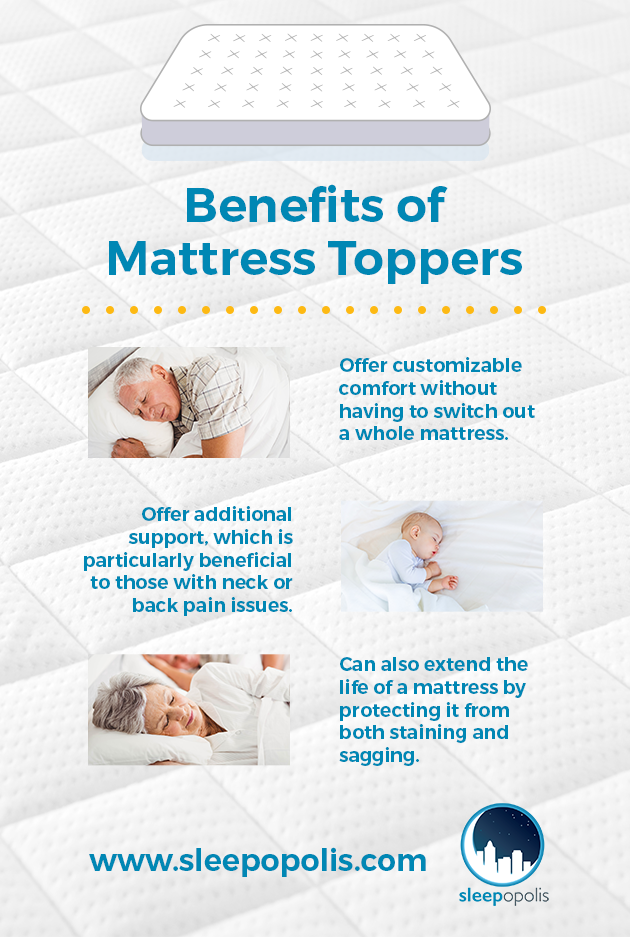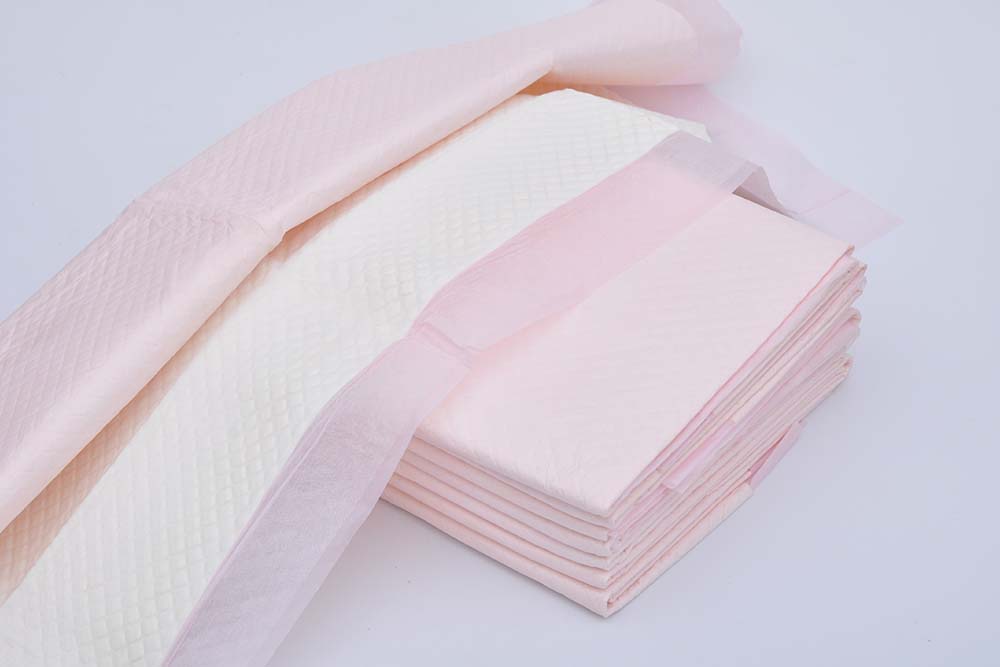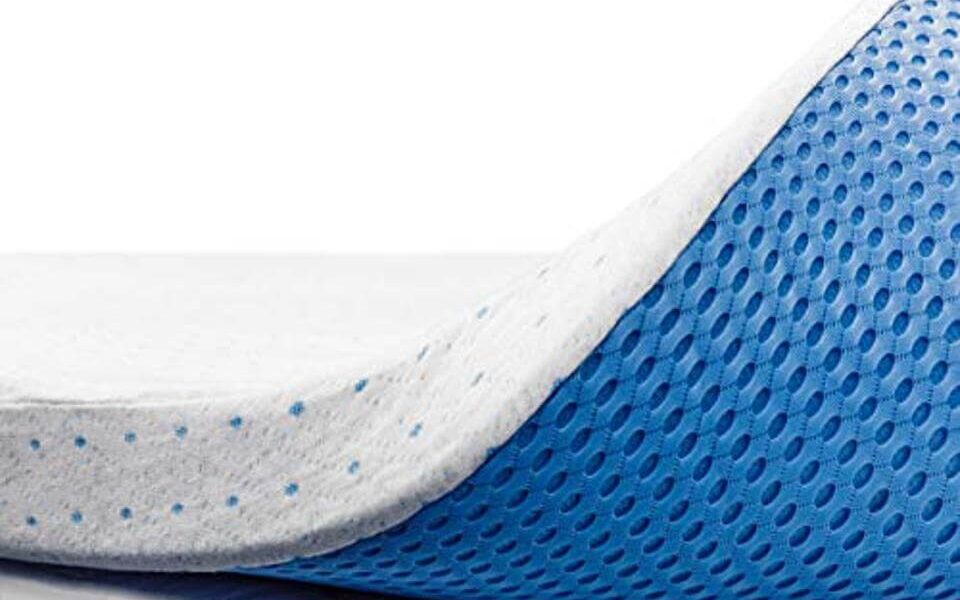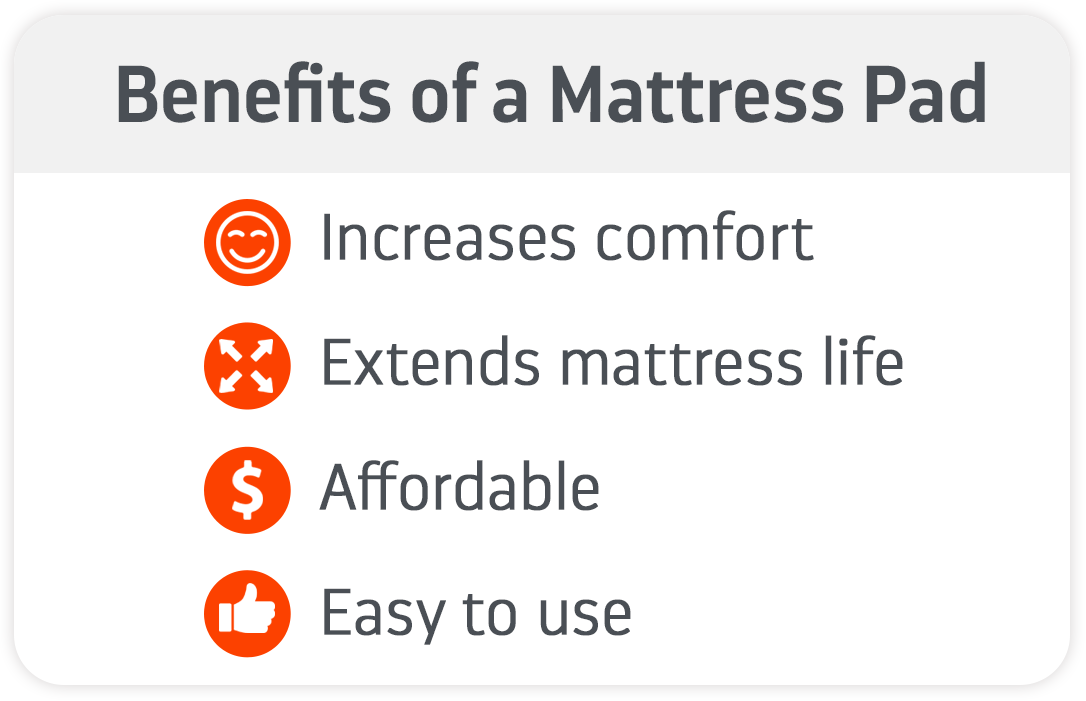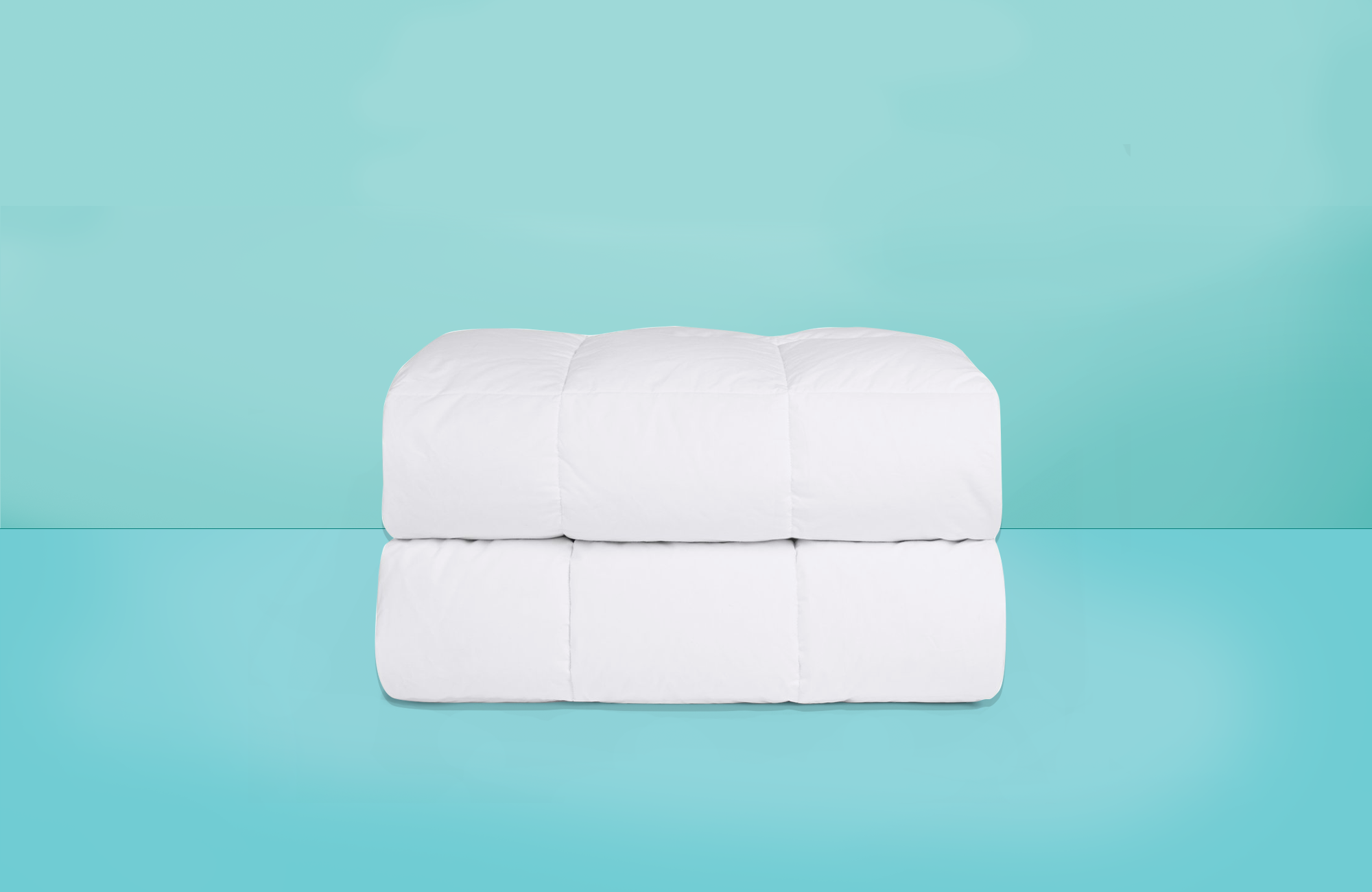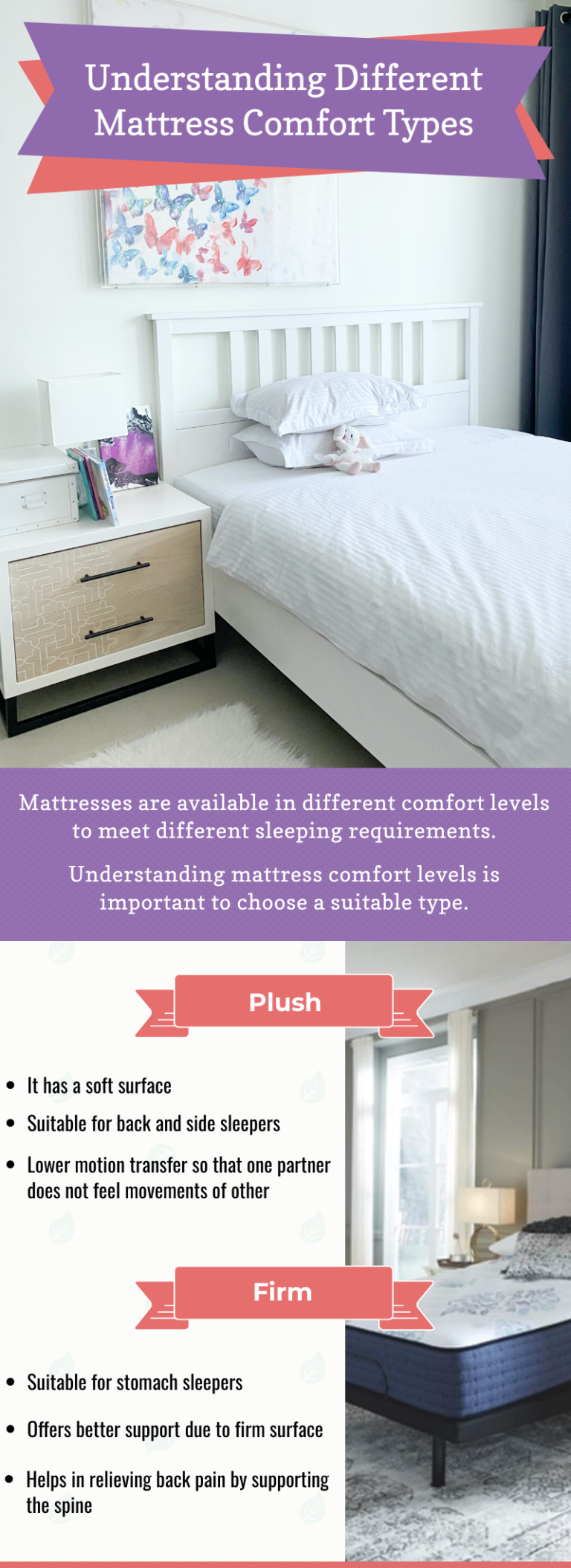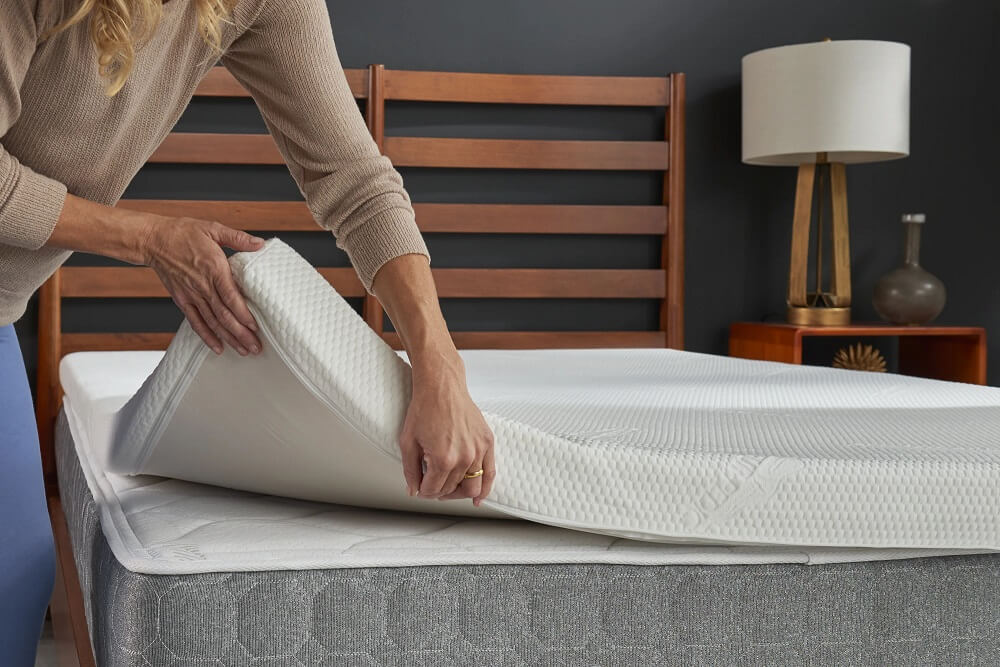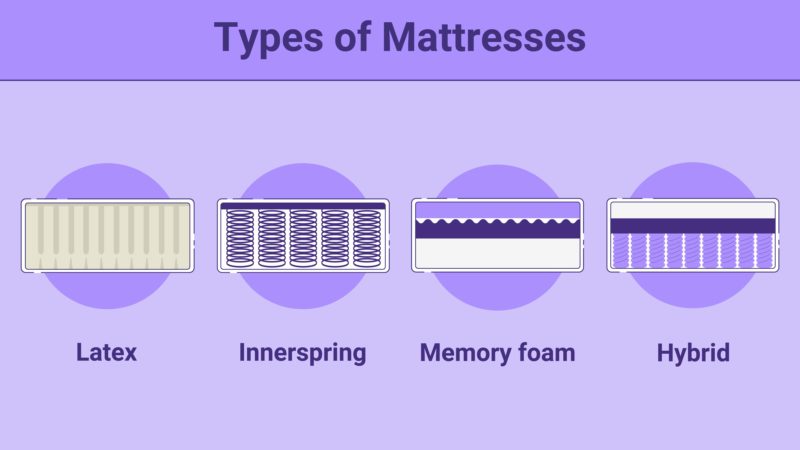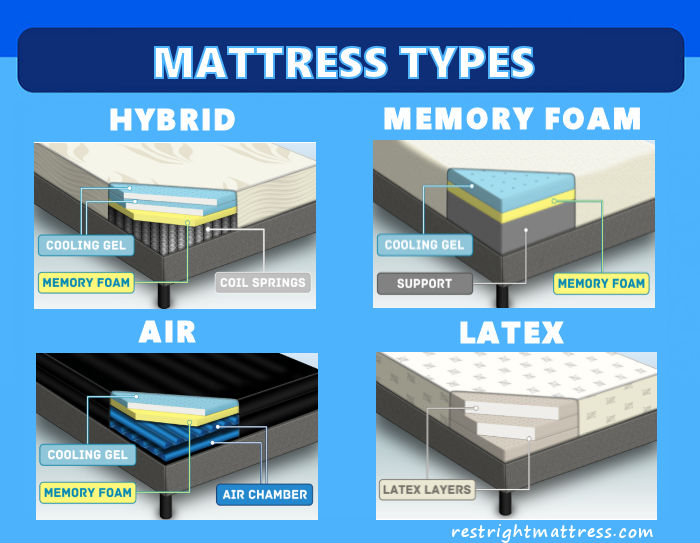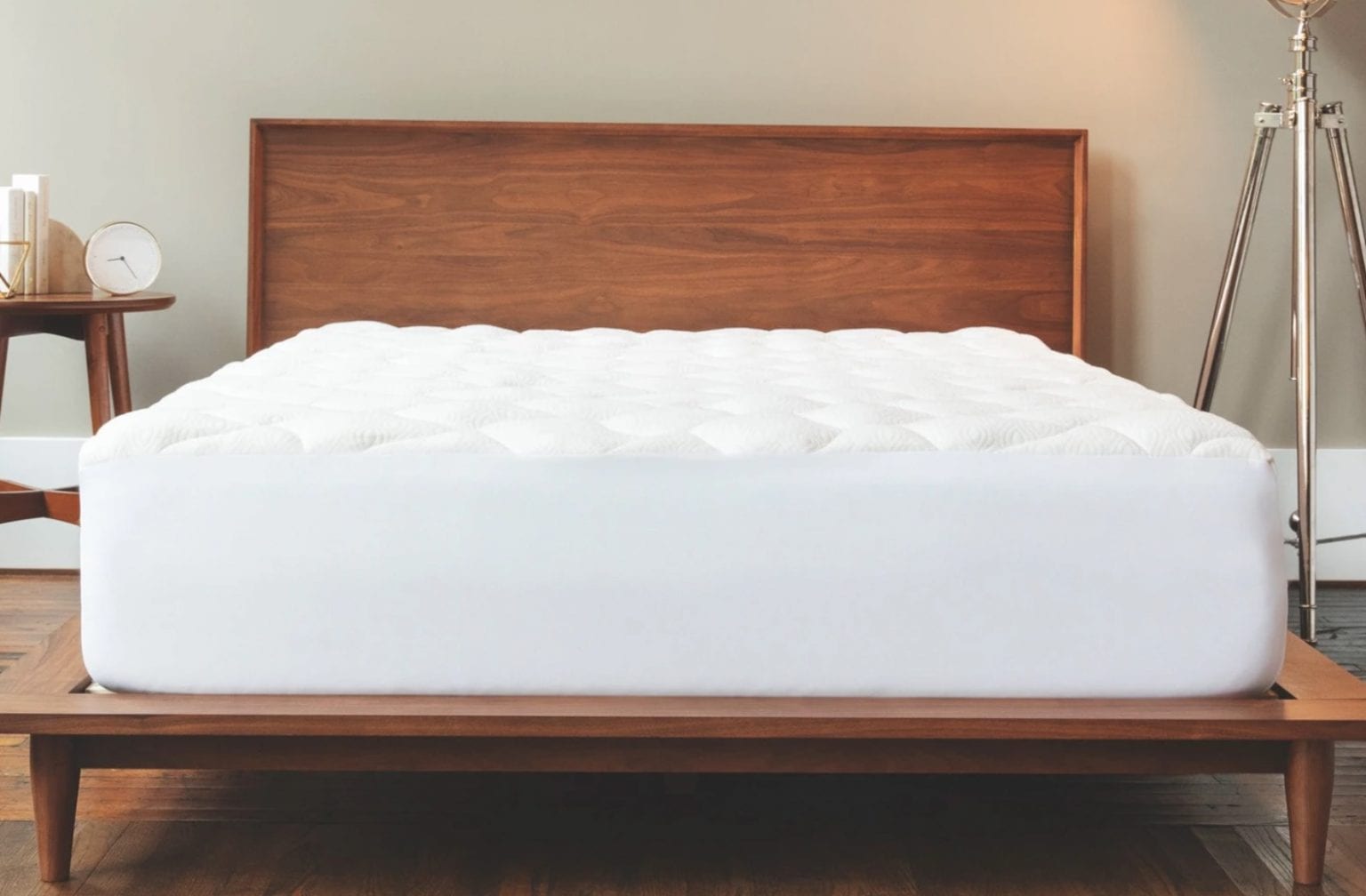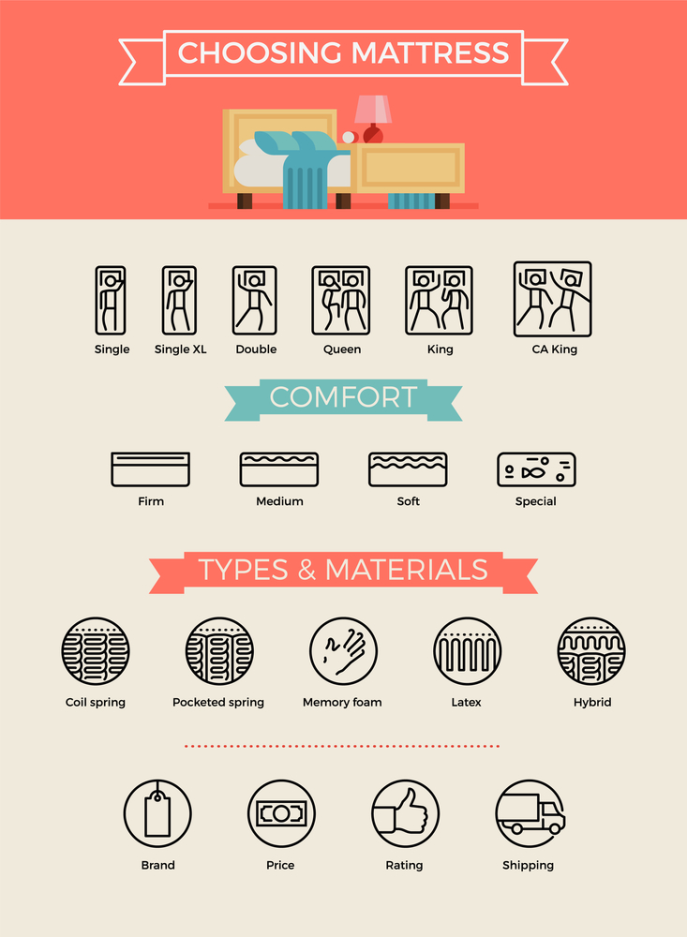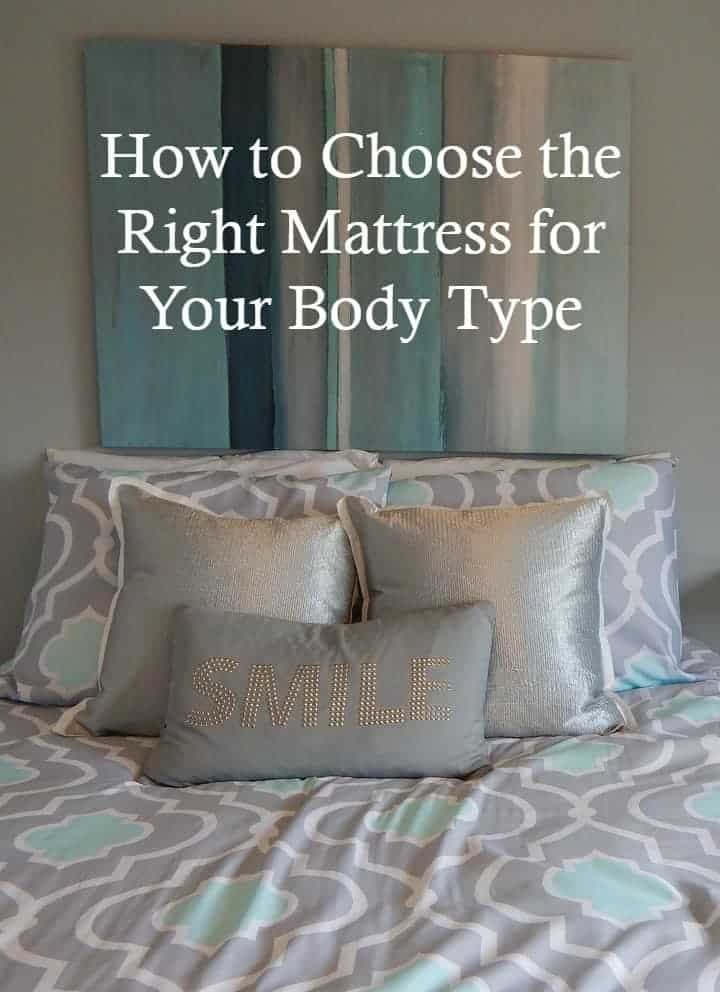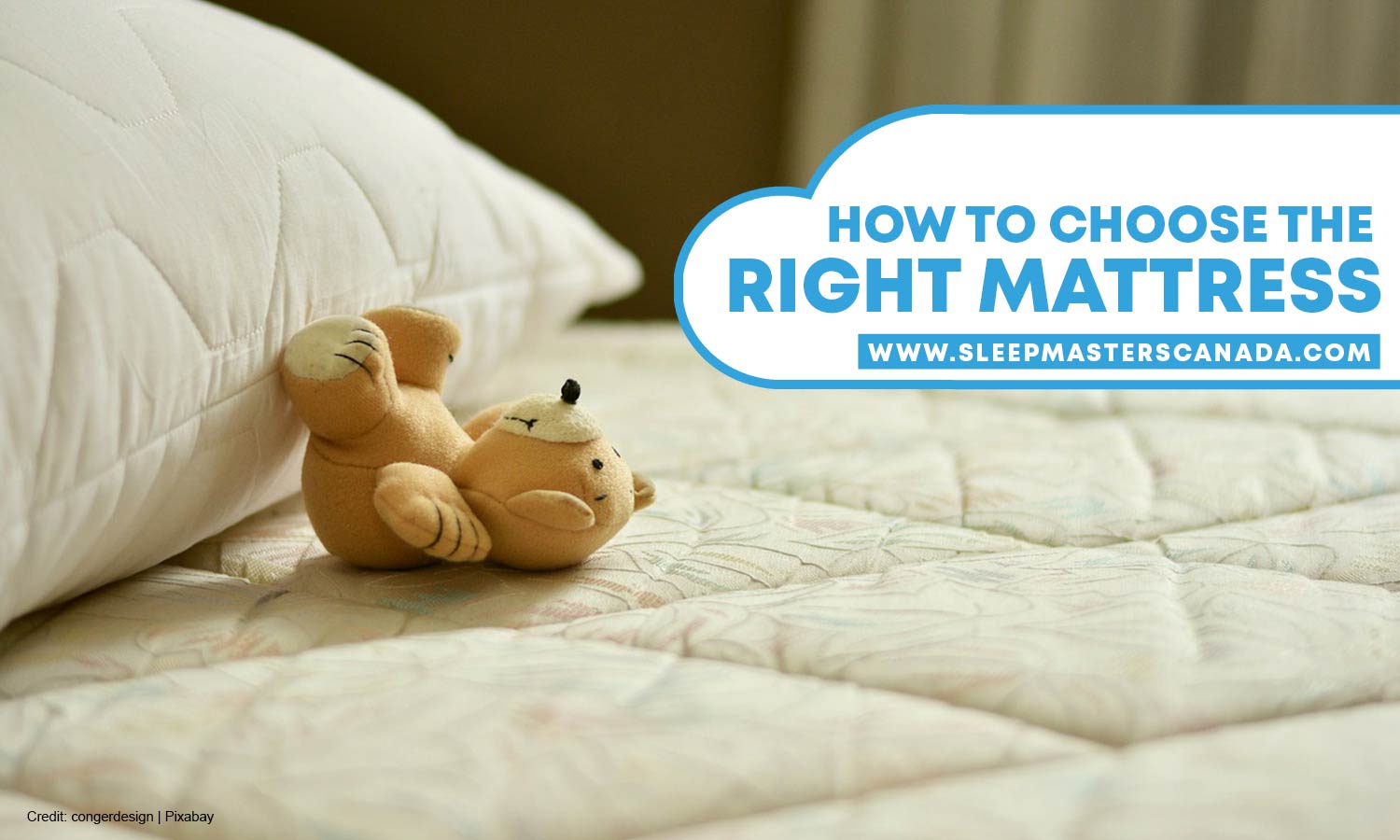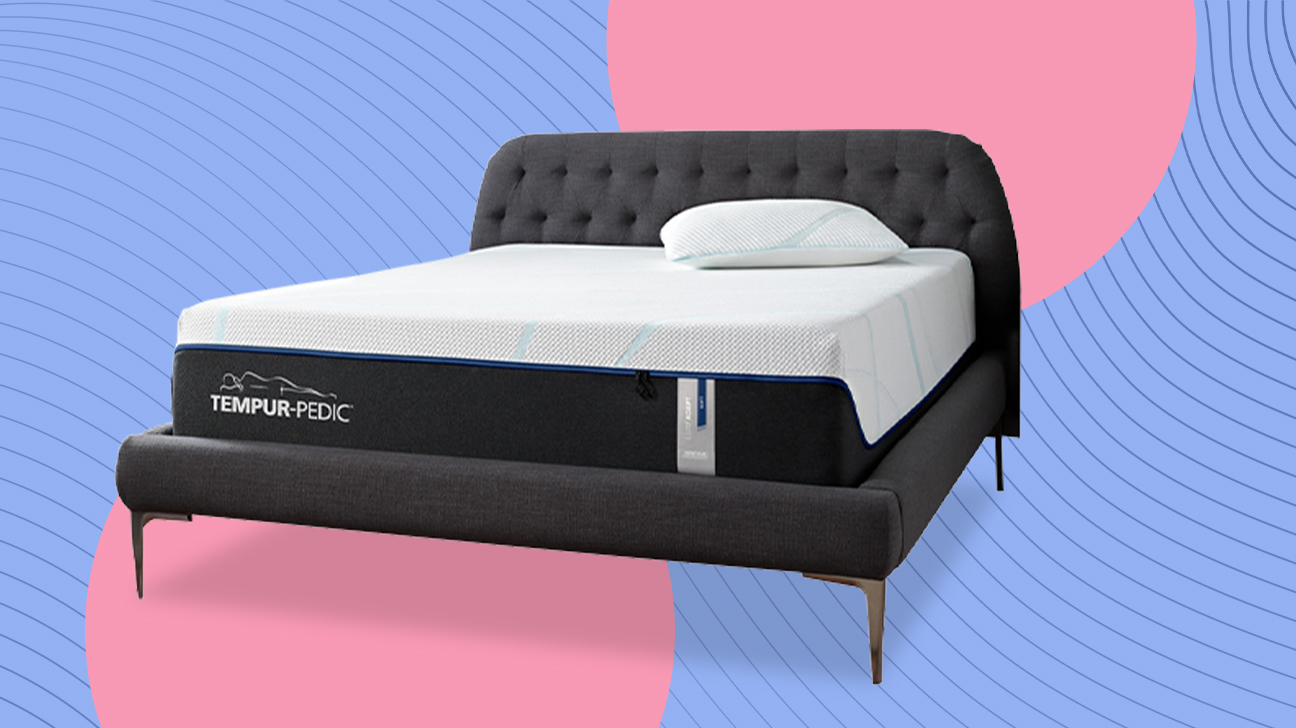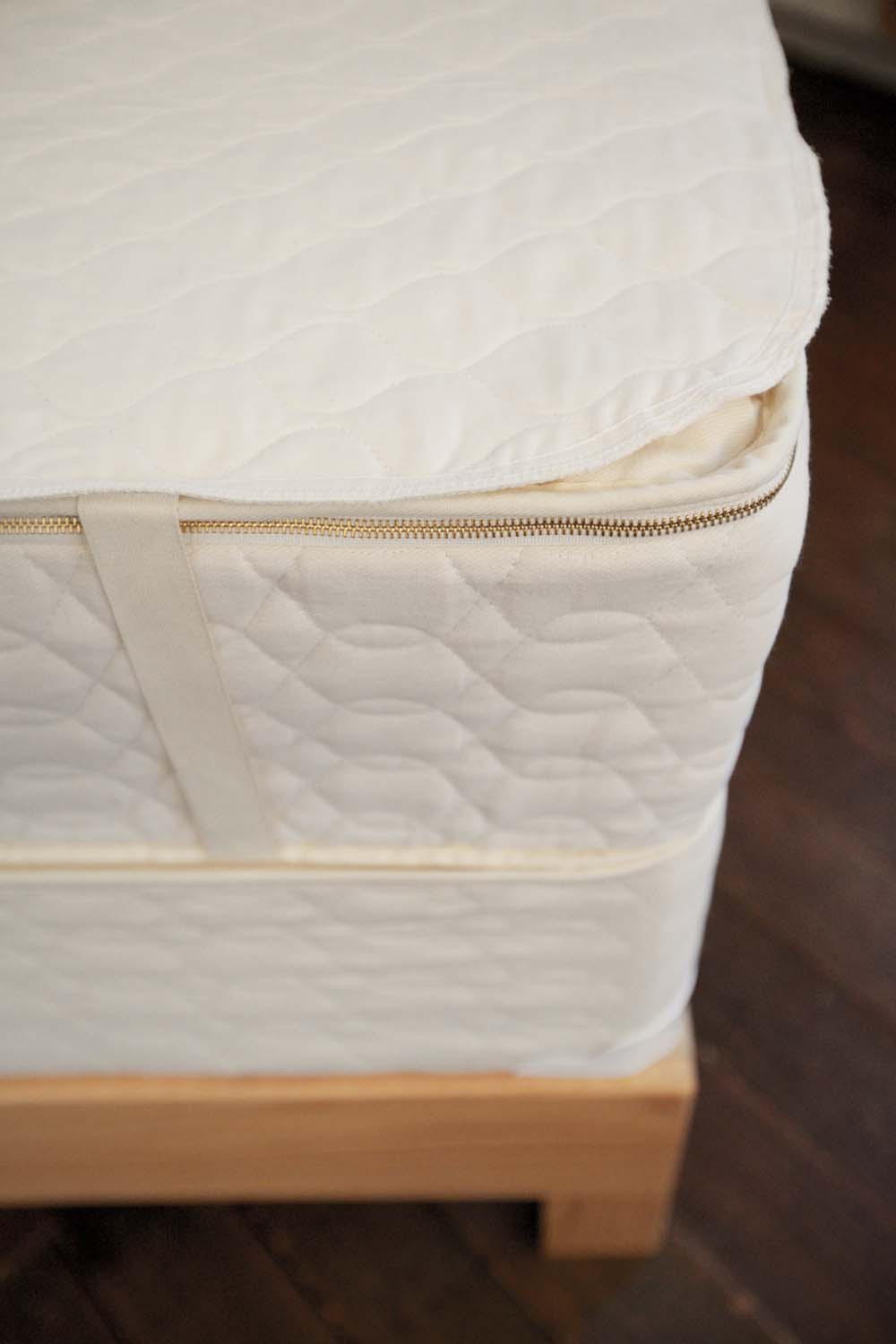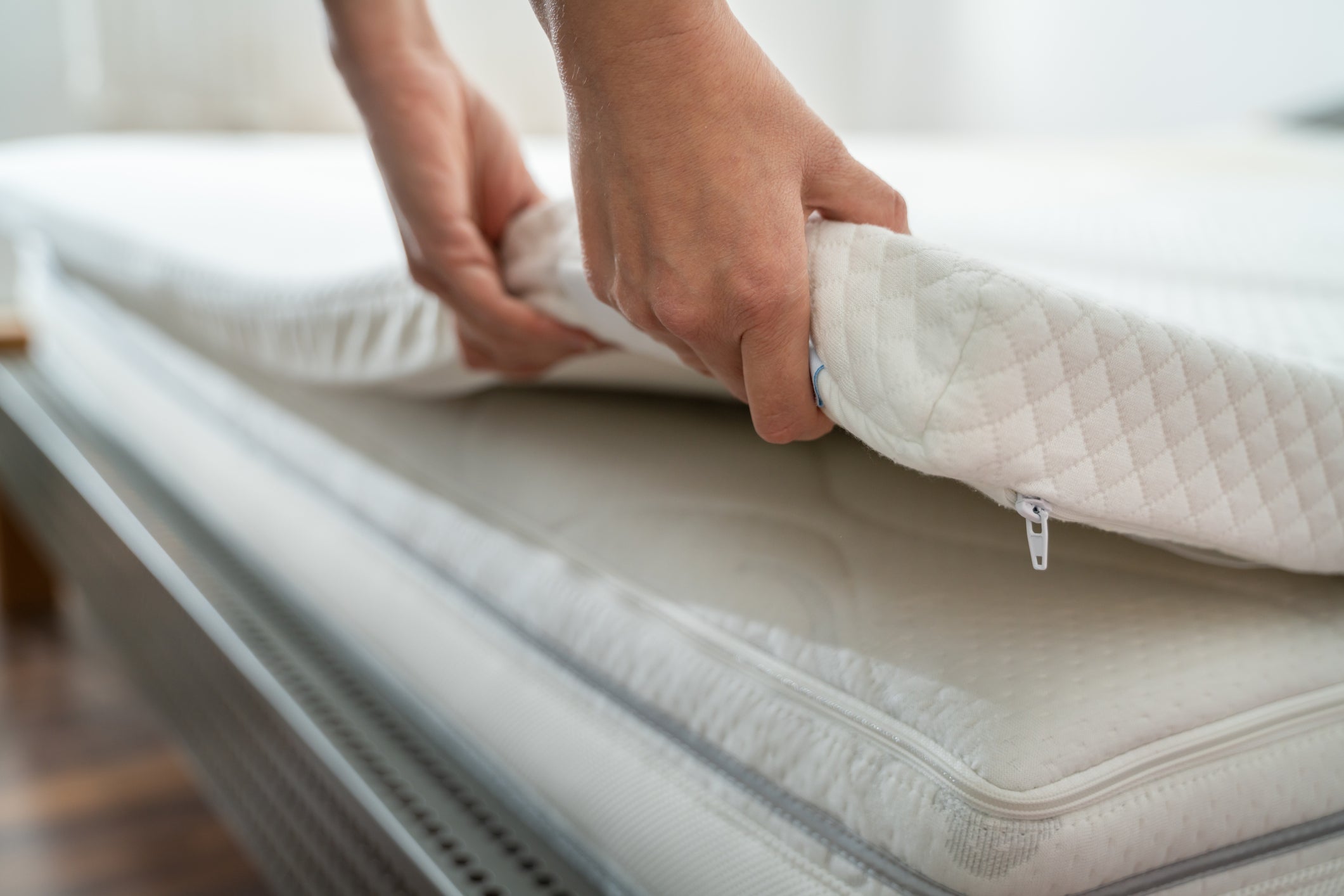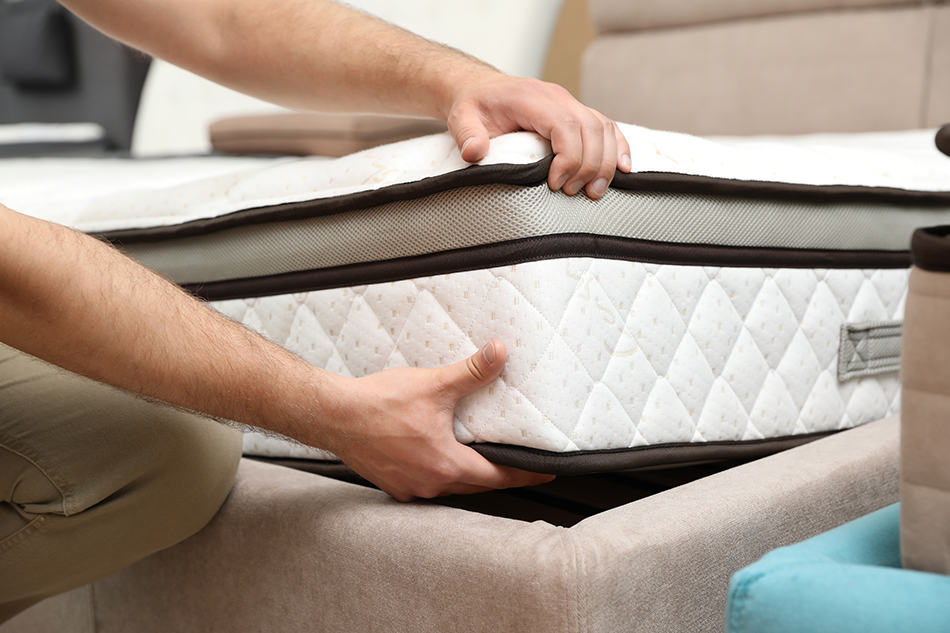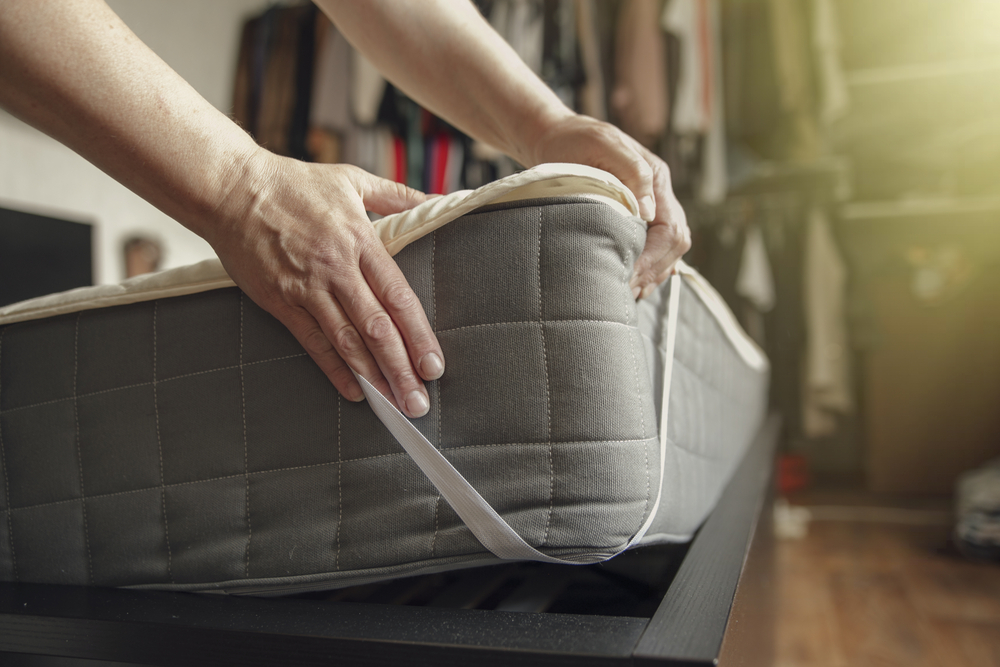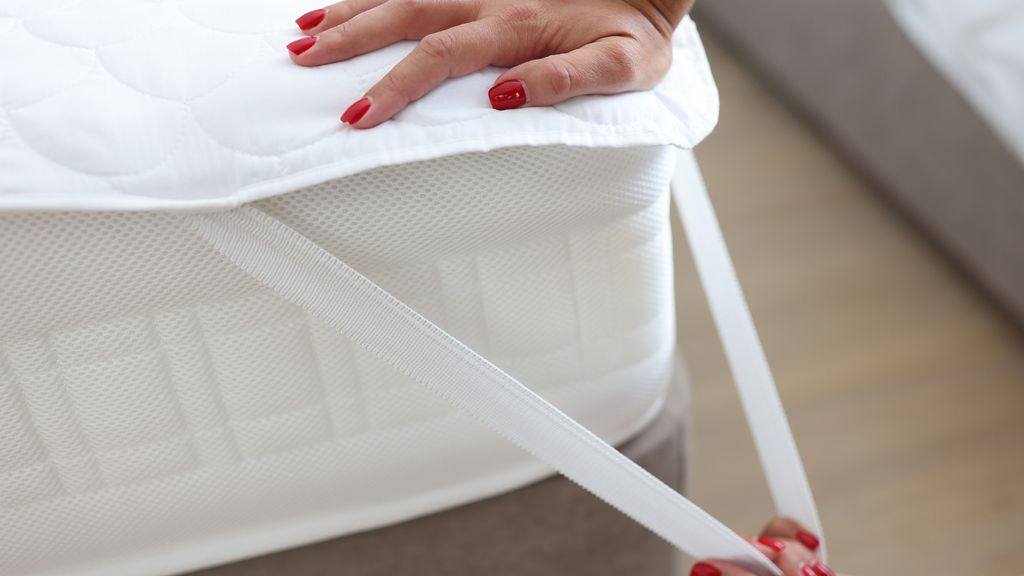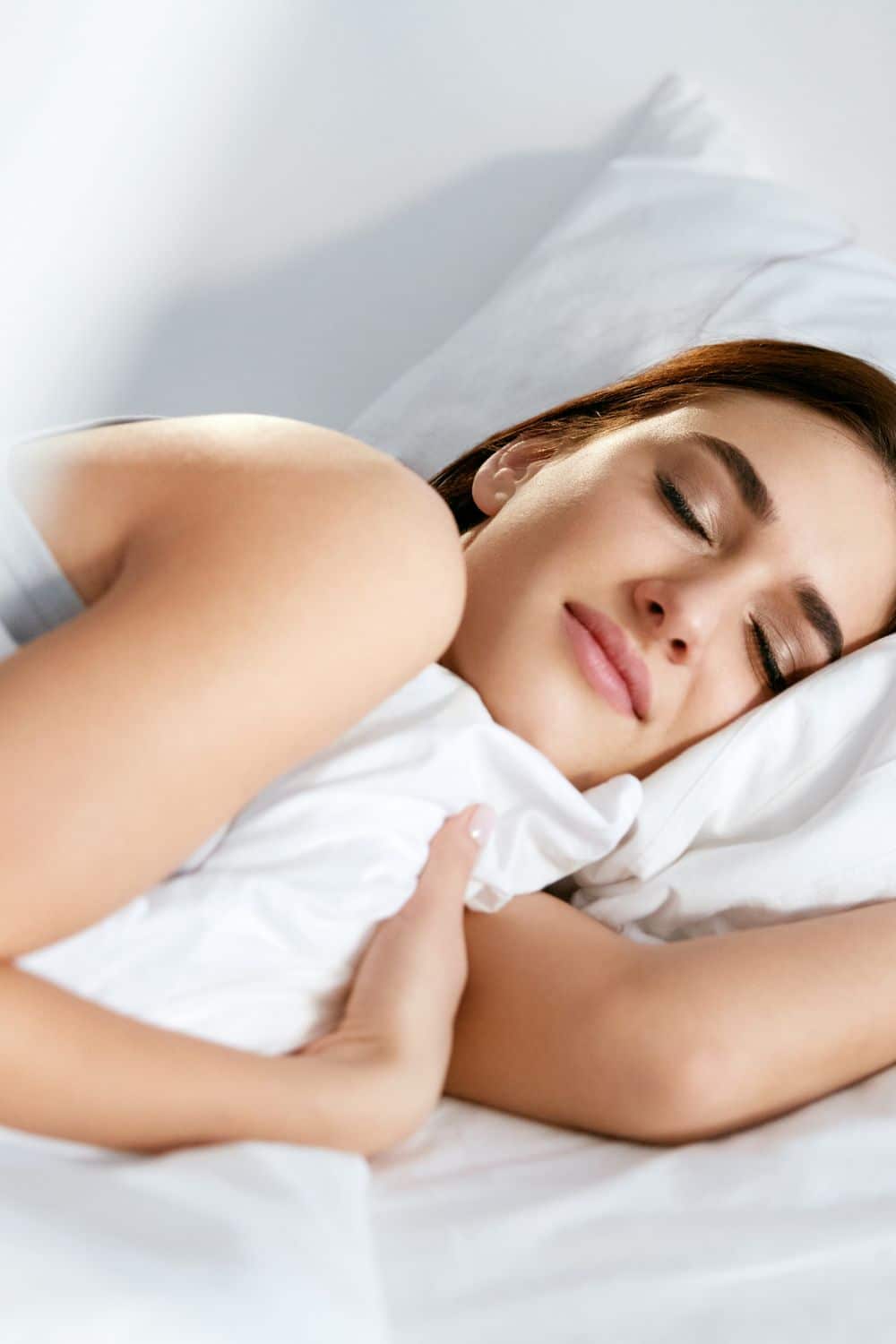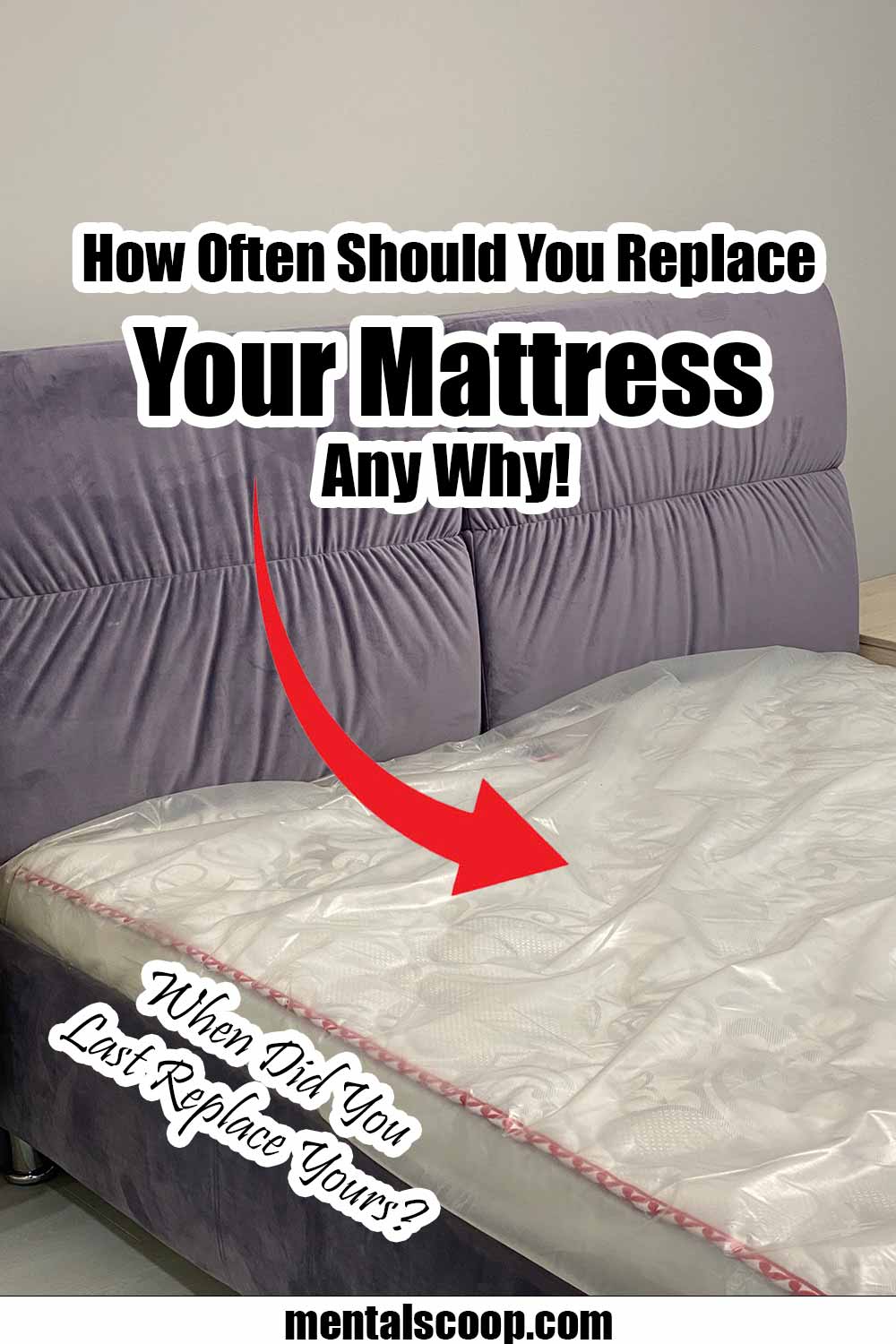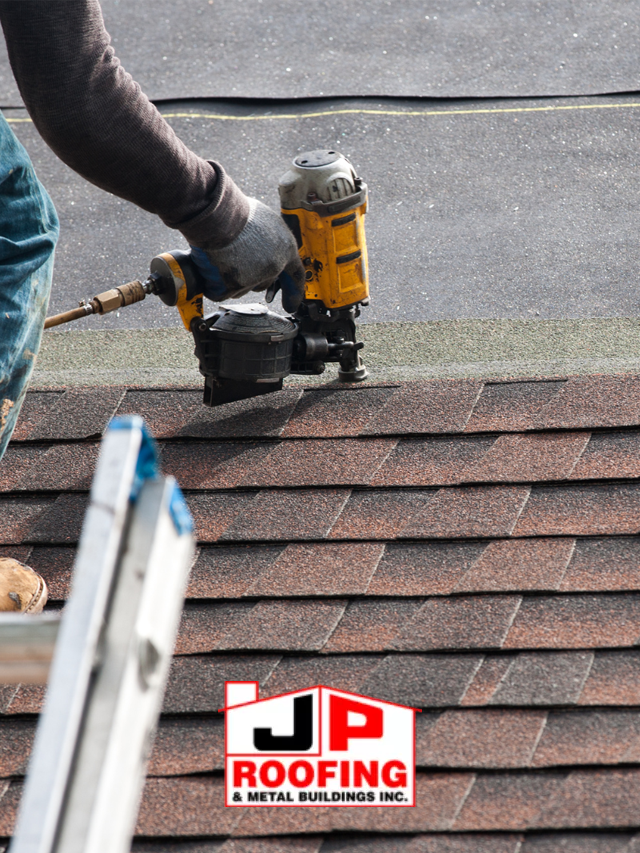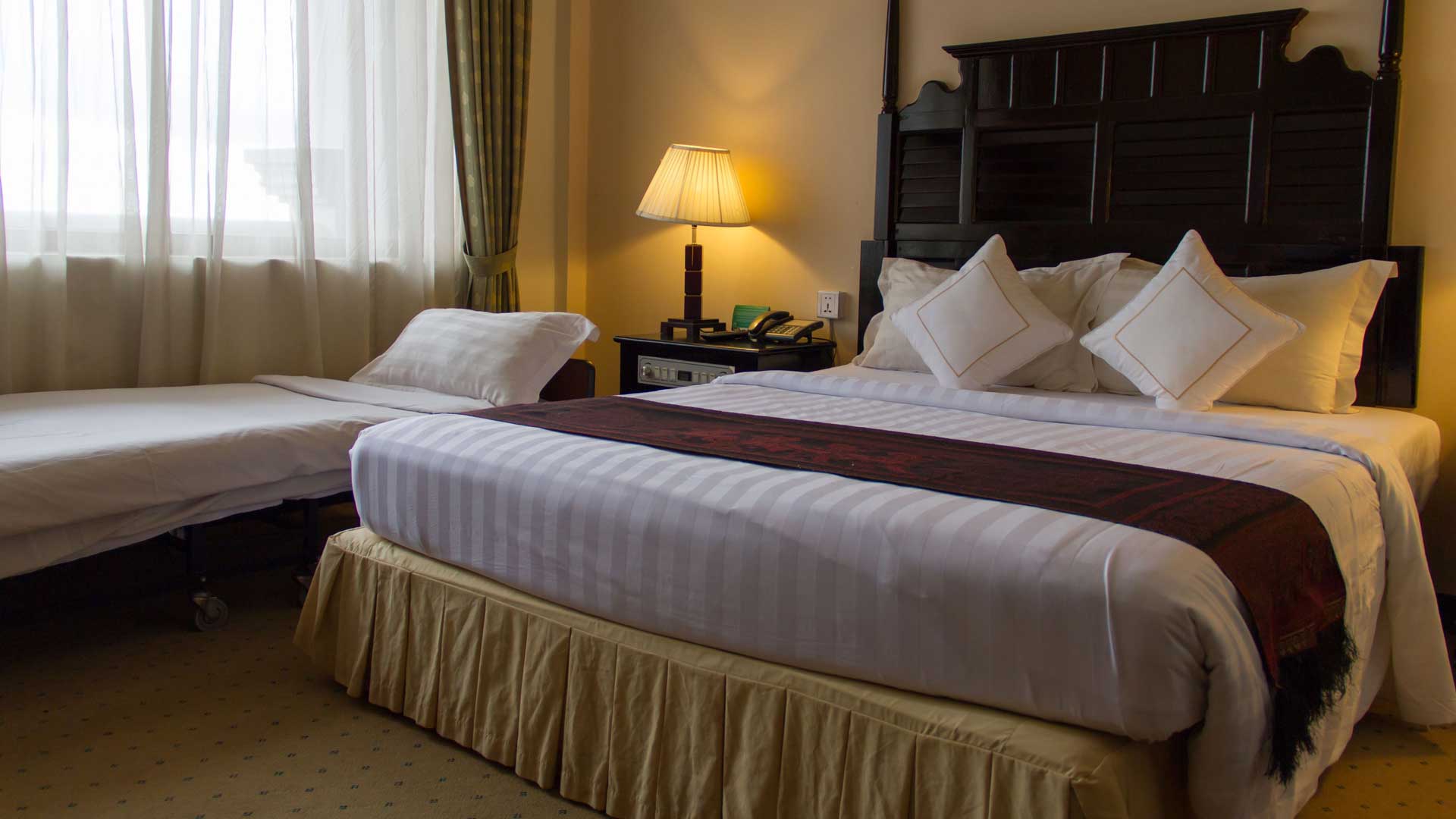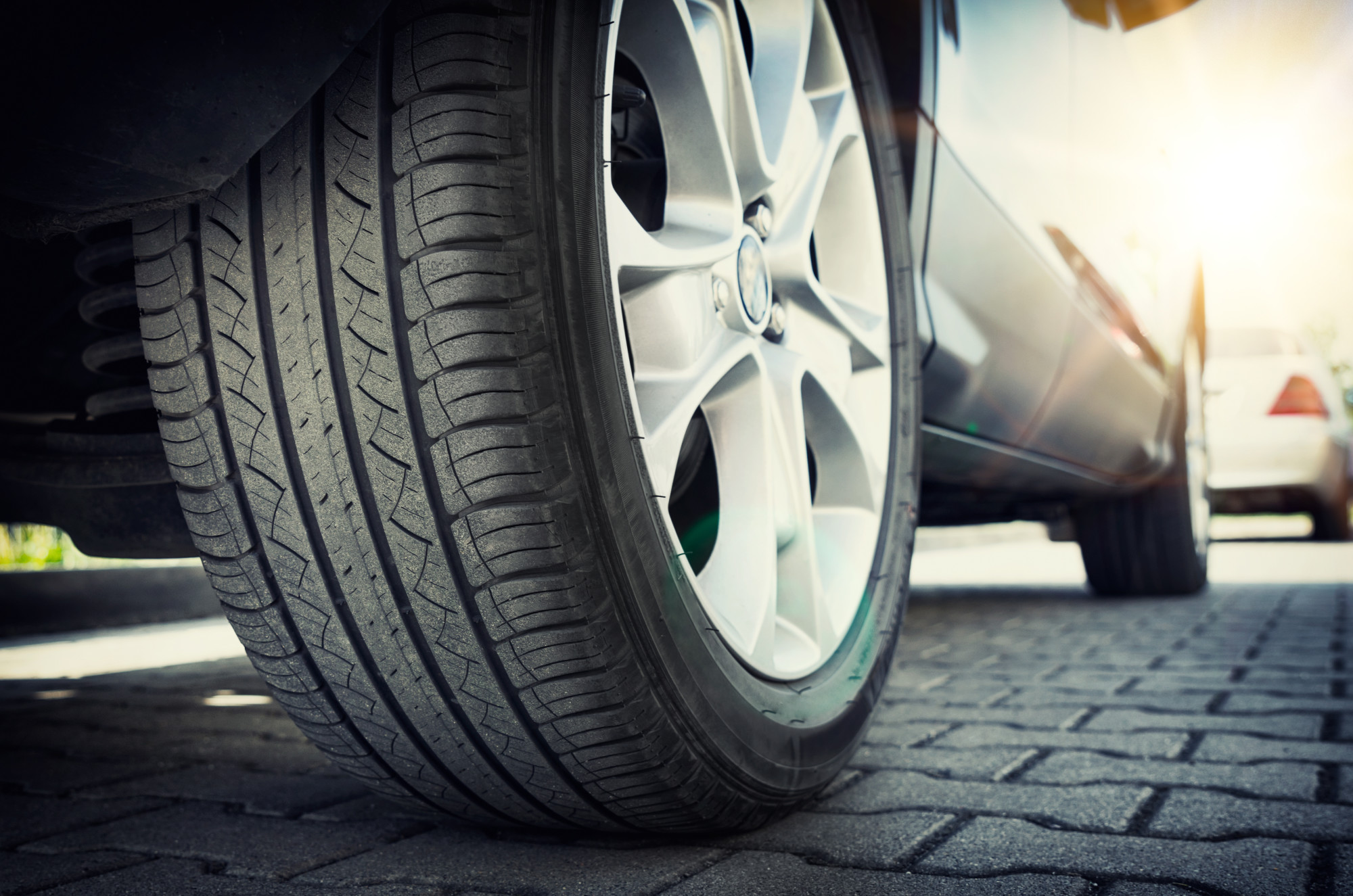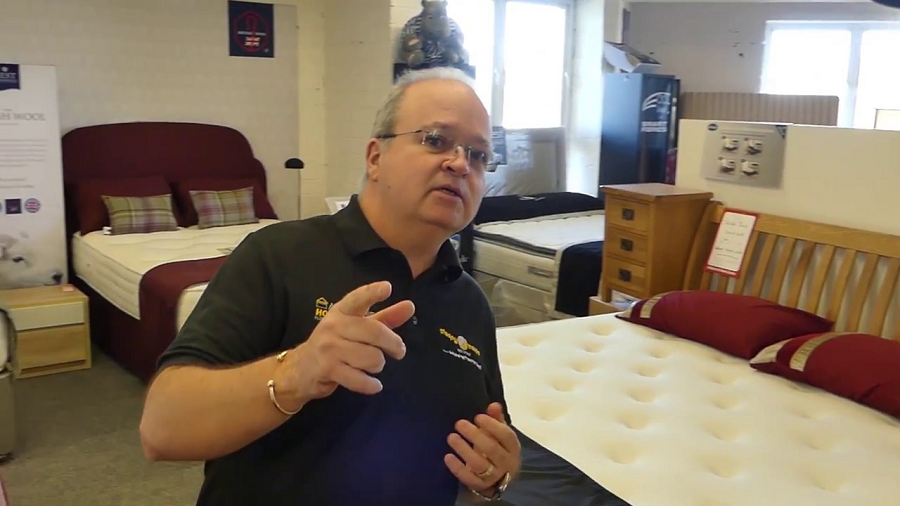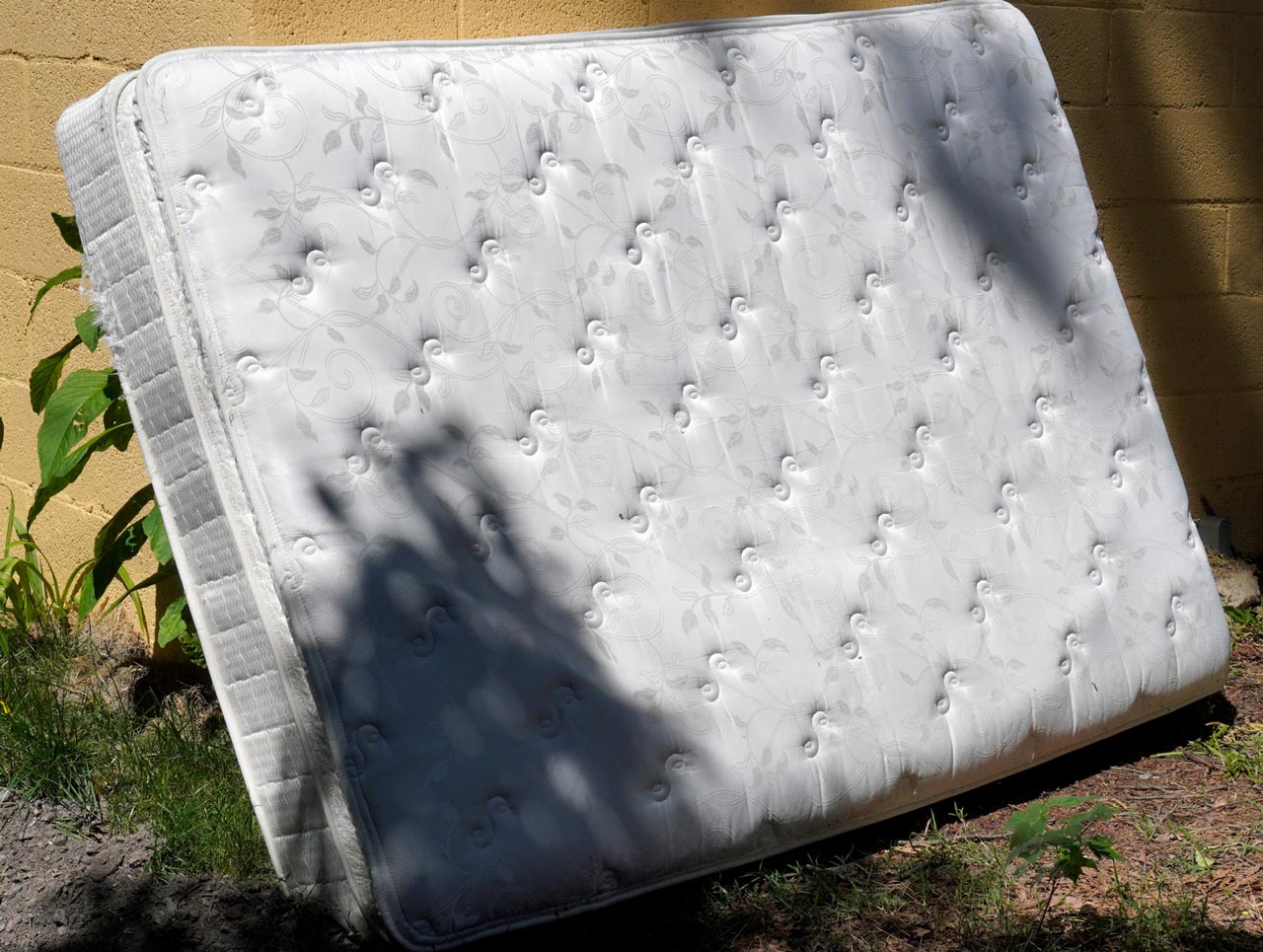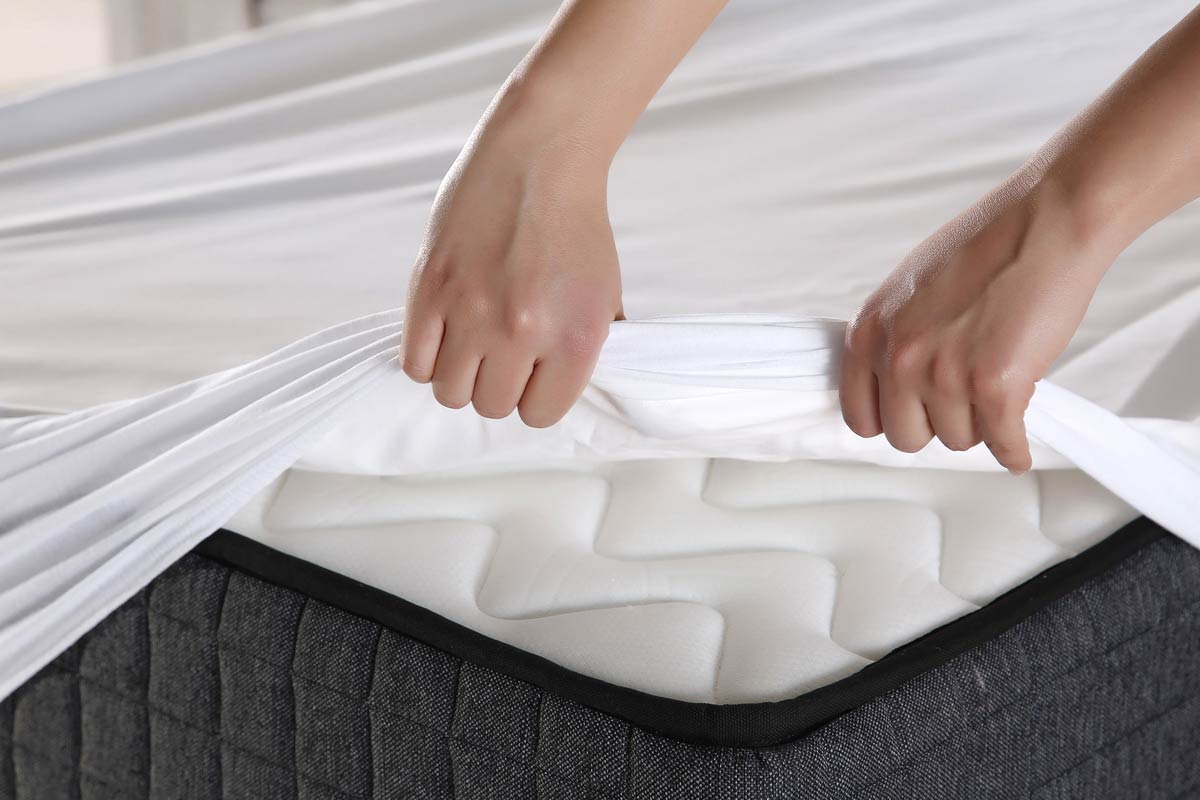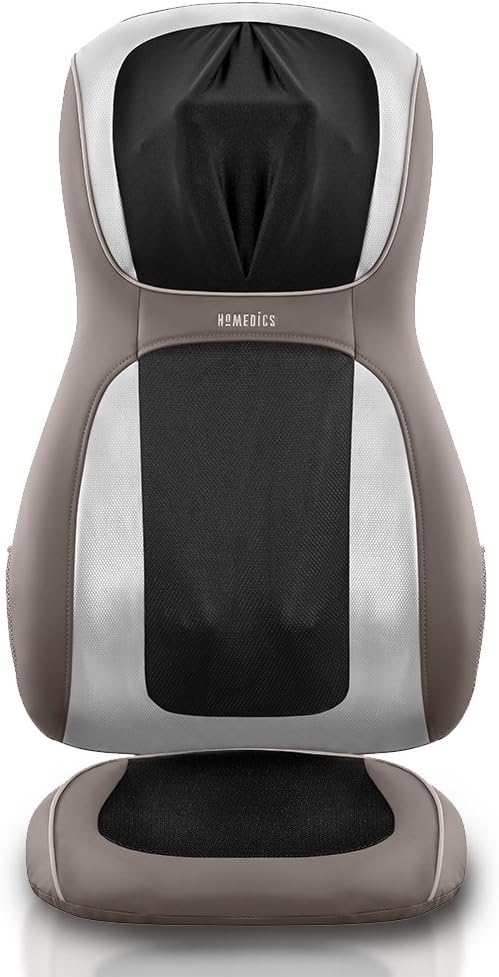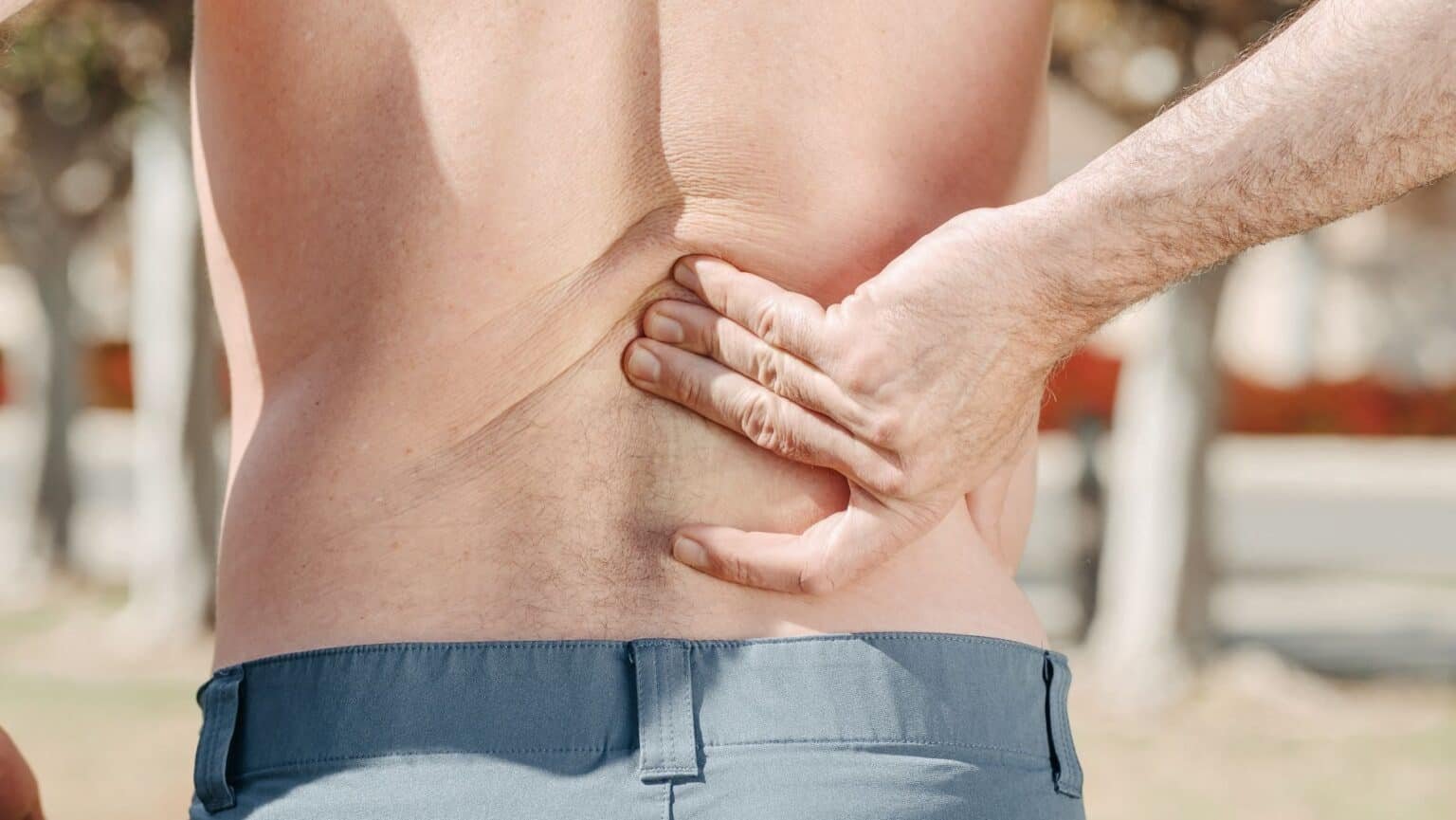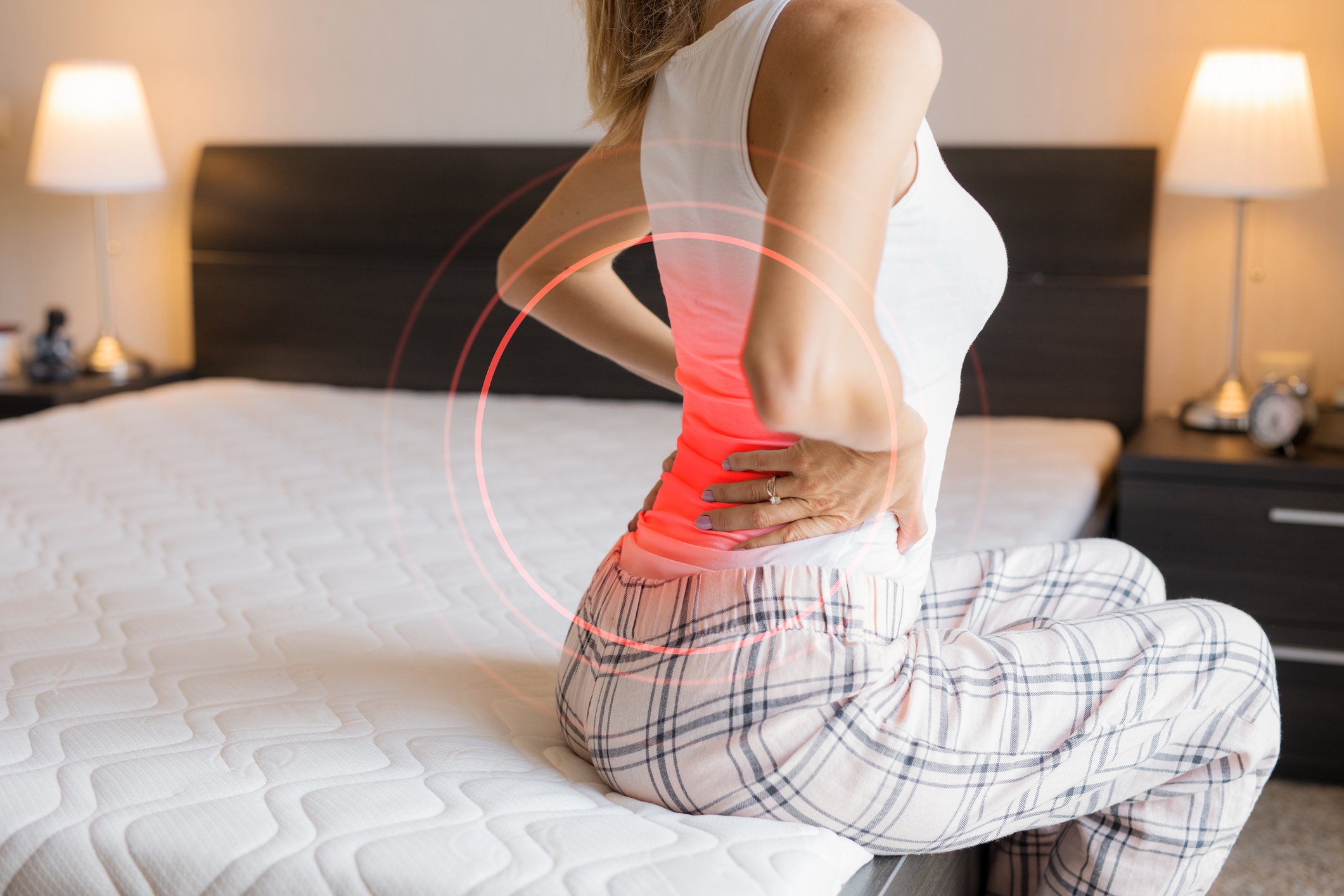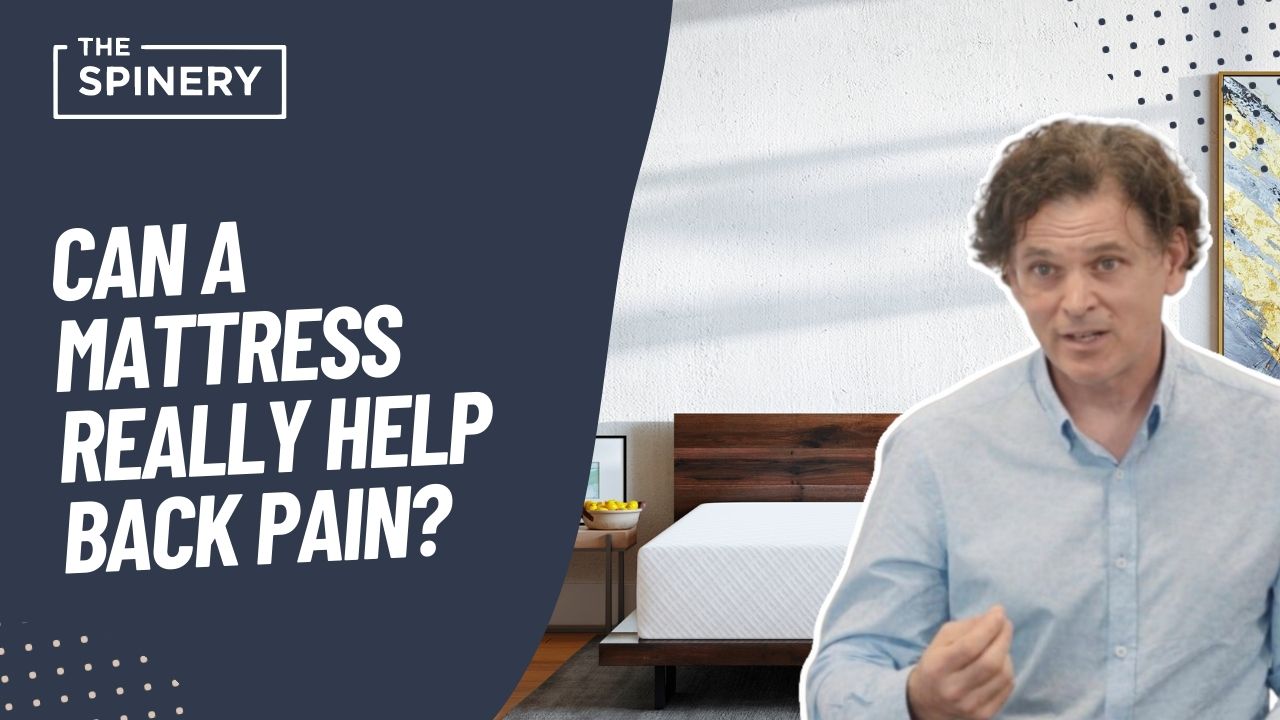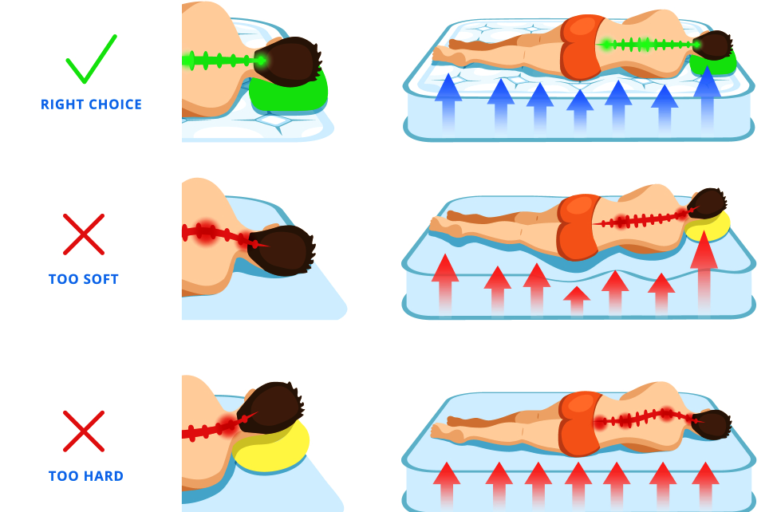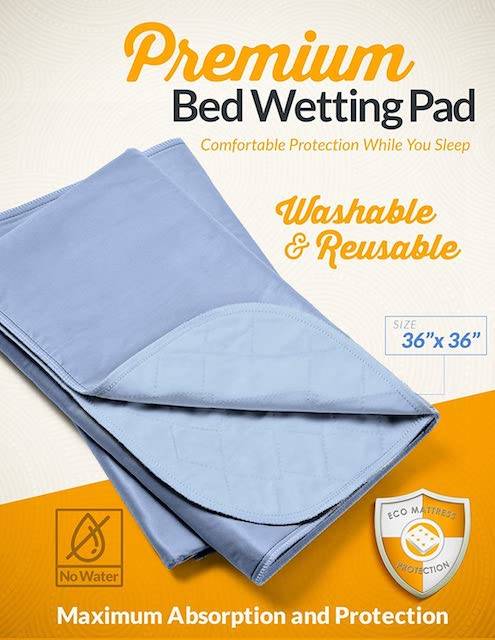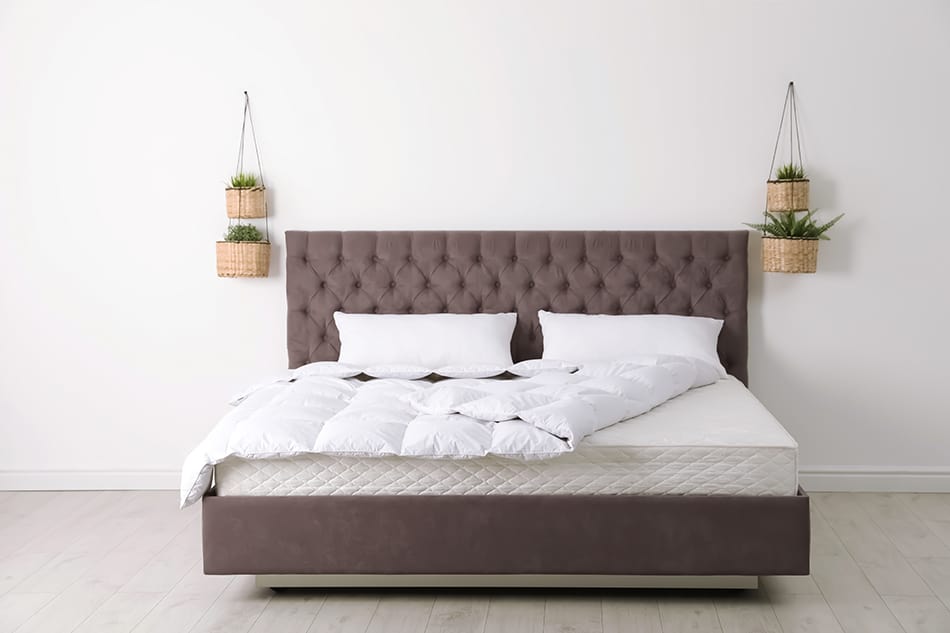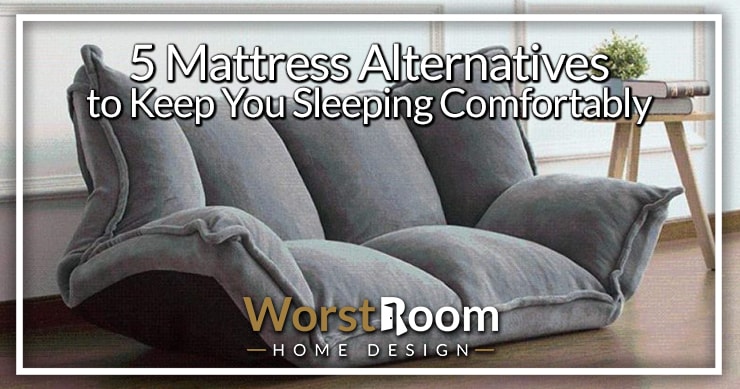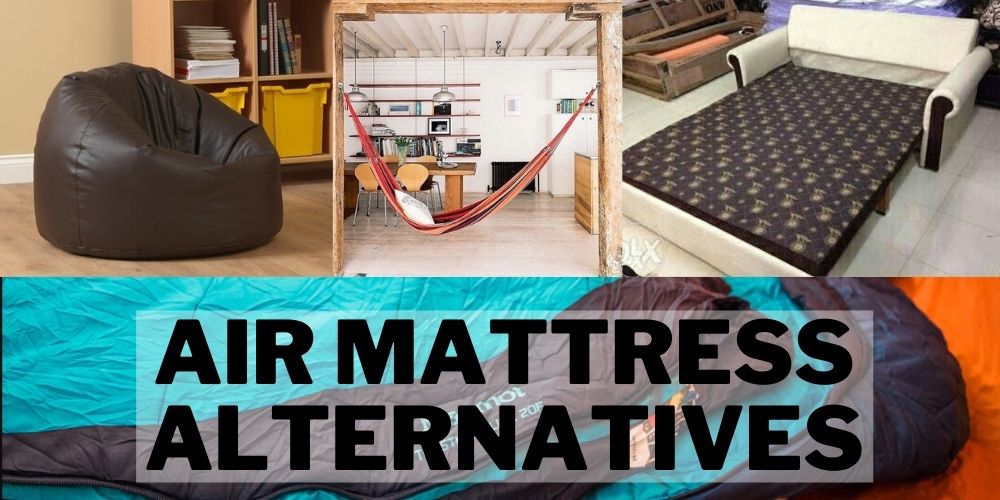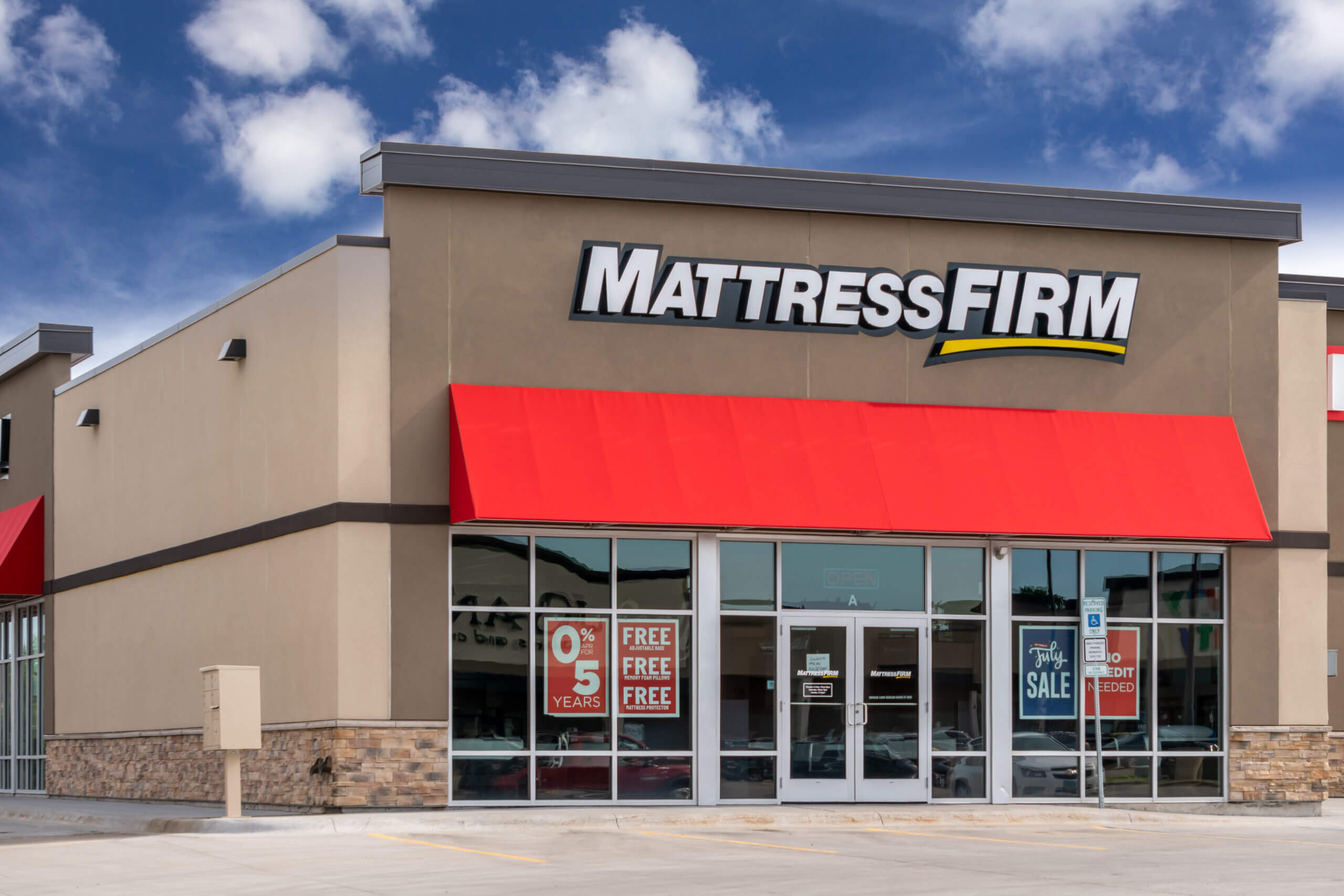If you're in the market for a new mattress, you may be wondering if you need to invest in a mattress pad as well. The short answer is, yes! Mattress pads offer a range of benefits that can improve your sleep quality and protect your mattress. Let's take a closer look at why you should consider using a mattress pad.Do I Need Mattress Pads?
You may have also heard of mattress protectors and are wondering if they serve the same purpose as mattress pads. While they may seem similar, there are a few key differences. Mattress protectors are typically waterproof and are designed to protect your mattress from spills, stains, and other accidents. Mattress pads, on the other hand, offer additional comfort and support. Both can be beneficial, depending on your needs.Do I Need Mattress Protectors?
Mattress pads offer several benefits that can improve your sleeping experience. They provide an extra layer of cushioning, making your mattress feel more comfortable and softer. This can be especially beneficial if you have a firm mattress that is causing discomfort. Mattress pads can also help regulate your body temperature, keeping you cool in the summer and warm in the winter. In addition, mattress pads can protect your mattress from wear and tear, extending its lifespan. They can also act as a barrier against allergens and dust mites, making them a great option for those with allergies or asthma.Benefits of Using Mattress Pads
There are several types of mattress pads available, each offering unique features and benefits. Some popular options include memory foam mattress pads, which contour to your body and provide pressure relief, and cotton mattress pads, which are breathable and hypoallergenic. You can also find mattress pads with cooling properties, perfect for hot sleepers.Types of Mattress Pads
When selecting a mattress pad, consider your personal needs and preferences. Do you need extra cushioning? Do you have allergies? Are you a hot or cold sleeper? These factors can help guide you towards the right type of mattress pad for you. It's also important to consider the size and thickness of the pad, as well as the materials used. Don't be afraid to do some research and read reviews before making a purchase. This will ensure you find a high-quality mattress pad that meets your needs and fits your budget.How to Choose the Right Mattress Pad
Some people may question whether mattress pads are worth the investment. The truth is, they can make a significant difference in the quality of your sleep. A comfortable and supportive mattress pad can improve your overall sleep experience, leading to better rest and increased energy levels during the day. In addition, mattress pads can protect your mattress and save you money in the long run. Instead of having to replace your mattress due to wear and tear, a mattress pad can act as a barrier, prolonging its lifespan.Do Mattress Pads Really Make a Difference?
Just like your mattress, your mattress pad will need to be replaced over time. On average, mattress pads should be replaced every 3-5 years, depending on the quality and frequency of use. If you notice any wear and tear, it may be time to invest in a new one. Regularly washing and caring for your mattress pad can also help extend its lifespan.How Often Should You Replace Your Mattress Pad?
As mentioned earlier, mattress pads can act as a barrier against allergens and dust mites. However, not all mattress pads offer this feature, so it's important to look for one that specifically states it is allergen-proof or hypoallergenic. These types of mattress pads can provide relief for those with allergies or asthma, allowing for a more restful sleep.Do Mattress Pads Protect Against Allergens?
If you suffer from back pain, investing in a good quality mattress pad can make a significant difference. A mattress pad with memory foam or latex can provide extra support and cushioning, alleviating pressure on your spine. It's important to choose a mattress pad that is not too soft or too firm, as this can worsen back pain.Can Mattress Pads Help with Back Pain?
If you're not convinced that a mattress pad is right for you, there are a few alternatives you can consider. Mattress toppers are similar to mattress pads, but thicker and often made with higher quality materials. They can provide more support and comfort, but also come with a higher price tag. Another alternative is using a fitted sheet made from high-quality materials, such as bamboo or Tencel. These sheets can offer similar benefits to a mattress pad, such as temperature regulation and protection against allergens.Alternatives to Mattress Pads
Why Mattress Pads are Essential for Your House Design
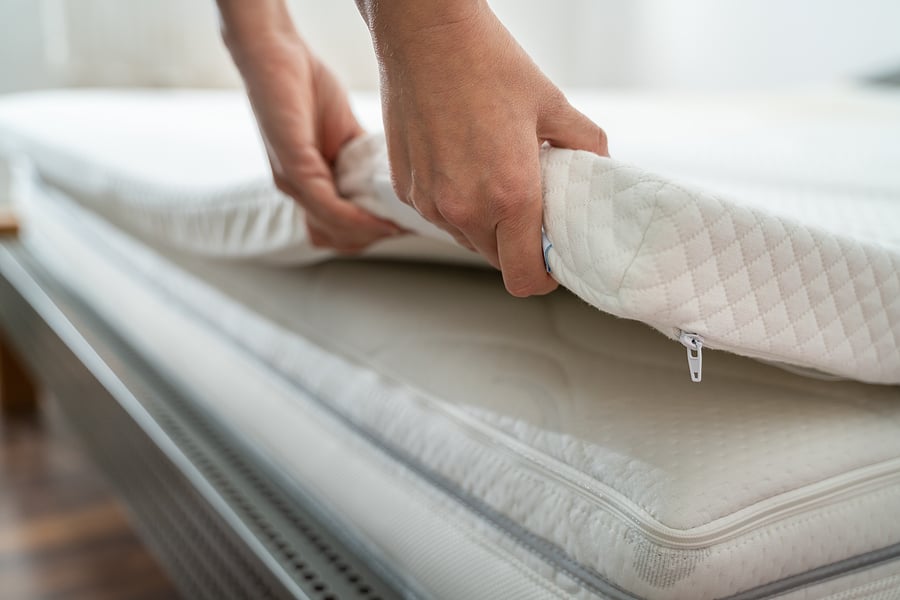
Protect Your Investment
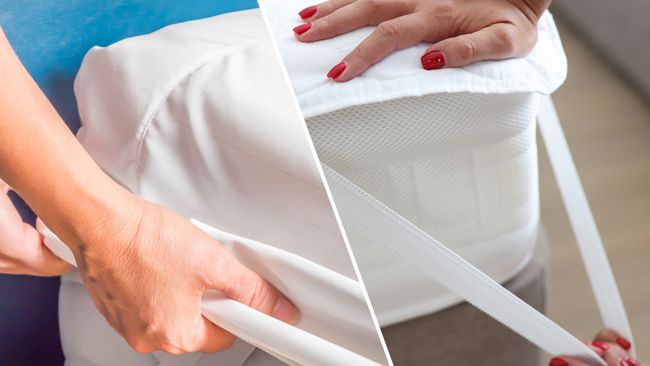 When it comes to designing your dream home, it's important to invest in quality materials that will last for years to come. This includes your
mattress
, which is not only a crucial aspect of your
house design
, but also a significant investment. Mattress pads provide an extra layer of protection for your mattress, helping to extend its lifespan and prevent damage from everyday wear and tear. With the right mattress pad, you can ensure that your mattress remains in top condition, preserving your investment for years to come.
When it comes to designing your dream home, it's important to invest in quality materials that will last for years to come. This includes your
mattress
, which is not only a crucial aspect of your
house design
, but also a significant investment. Mattress pads provide an extra layer of protection for your mattress, helping to extend its lifespan and prevent damage from everyday wear and tear. With the right mattress pad, you can ensure that your mattress remains in top condition, preserving your investment for years to come.
Enhance Comfort and Support
 While most mattresses are designed to provide comfort and support, a mattress pad can take it to the next level.
Mattress pads
are available in a variety of materials and thicknesses, allowing you to customize the feel of your bed to your liking. Whether you prefer a soft and plush feel or a firmer, more supportive one, there is a mattress pad that can help you achieve your desired level of comfort. Additionally, mattress pads can also provide extra cushioning for pressure points, making for a more comfortable sleep experience.
While most mattresses are designed to provide comfort and support, a mattress pad can take it to the next level.
Mattress pads
are available in a variety of materials and thicknesses, allowing you to customize the feel of your bed to your liking. Whether you prefer a soft and plush feel or a firmer, more supportive one, there is a mattress pad that can help you achieve your desired level of comfort. Additionally, mattress pads can also provide extra cushioning for pressure points, making for a more comfortable sleep experience.
Improve Hygiene and Allergen Control
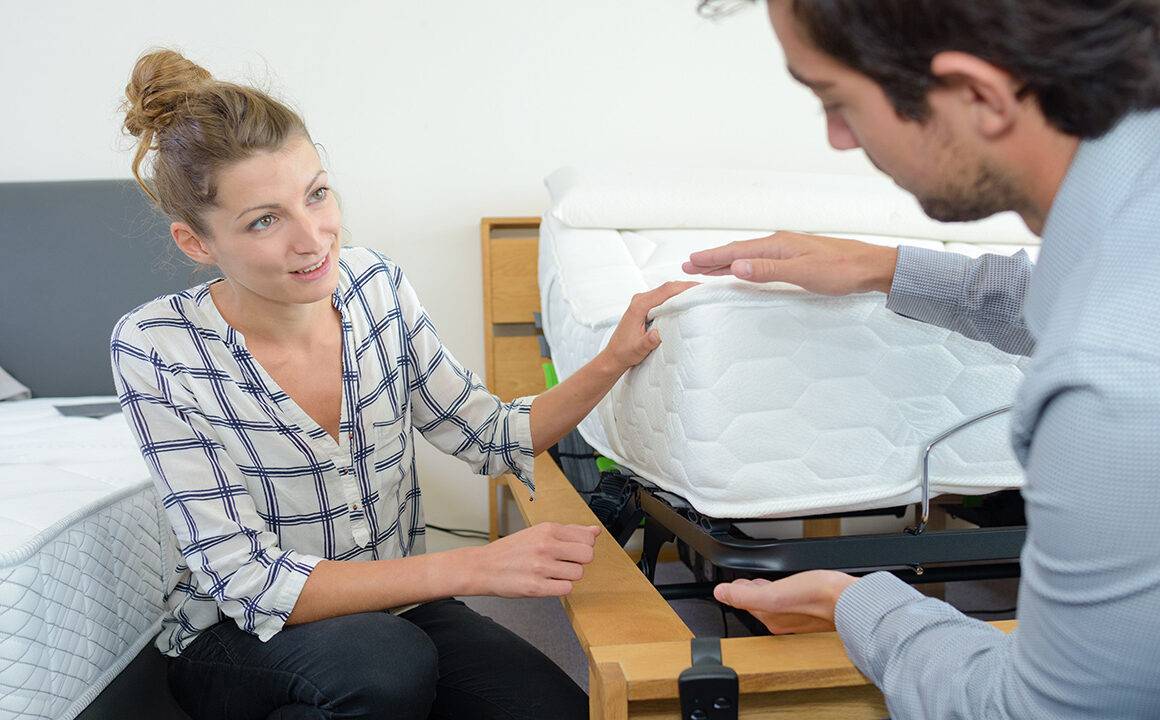 A mattress pad acts as a protective barrier between your body and your mattress, preventing sweat, dead skin cells, and other bodily fluids from seeping into your mattress. This not only helps to keep your mattress clean and fresh, but also reduces the risk of allergens and bacteria buildup. For those with allergies or sensitivities, investing in a hypoallergenic mattress pad can make a significant difference in their overall health and well-being.
A mattress pad acts as a protective barrier between your body and your mattress, preventing sweat, dead skin cells, and other bodily fluids from seeping into your mattress. This not only helps to keep your mattress clean and fresh, but also reduces the risk of allergens and bacteria buildup. For those with allergies or sensitivities, investing in a hypoallergenic mattress pad can make a significant difference in their overall health and well-being.
Easy Maintenance and Cost-Effective
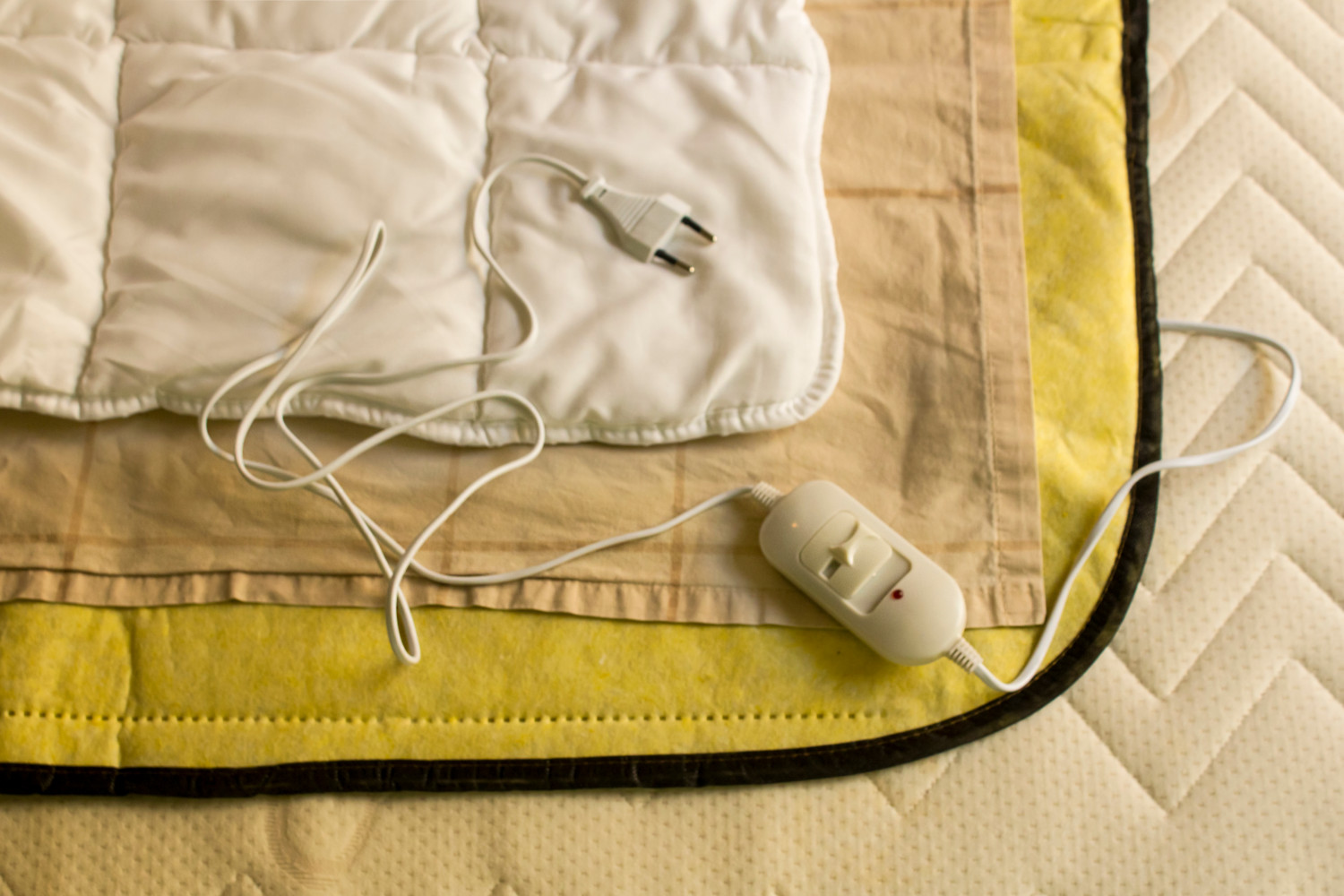 Let's face it, mattresses are not easy to clean and maintain. However, with a mattress pad, you can easily remove and wash it to keep it clean and fresh. This not only saves you time and effort, but it also helps to extend the lifespan of your mattress. In the long run, investing in a mattress pad can save you money by reducing the need for costly mattress replacements.
In conclusion,
mattress pads
are an essential component of your
house design
for several reasons. Not only do they provide extra protection, comfort, and hygiene, but they also make for a cost-effective and practical solution for maintaining your mattress. So next time you're considering whether or not to invest in a mattress pad, remember all the benefits it can bring to your house design and overall well-being.
Let's face it, mattresses are not easy to clean and maintain. However, with a mattress pad, you can easily remove and wash it to keep it clean and fresh. This not only saves you time and effort, but it also helps to extend the lifespan of your mattress. In the long run, investing in a mattress pad can save you money by reducing the need for costly mattress replacements.
In conclusion,
mattress pads
are an essential component of your
house design
for several reasons. Not only do they provide extra protection, comfort, and hygiene, but they also make for a cost-effective and practical solution for maintaining your mattress. So next time you're considering whether or not to invest in a mattress pad, remember all the benefits it can bring to your house design and overall well-being.
